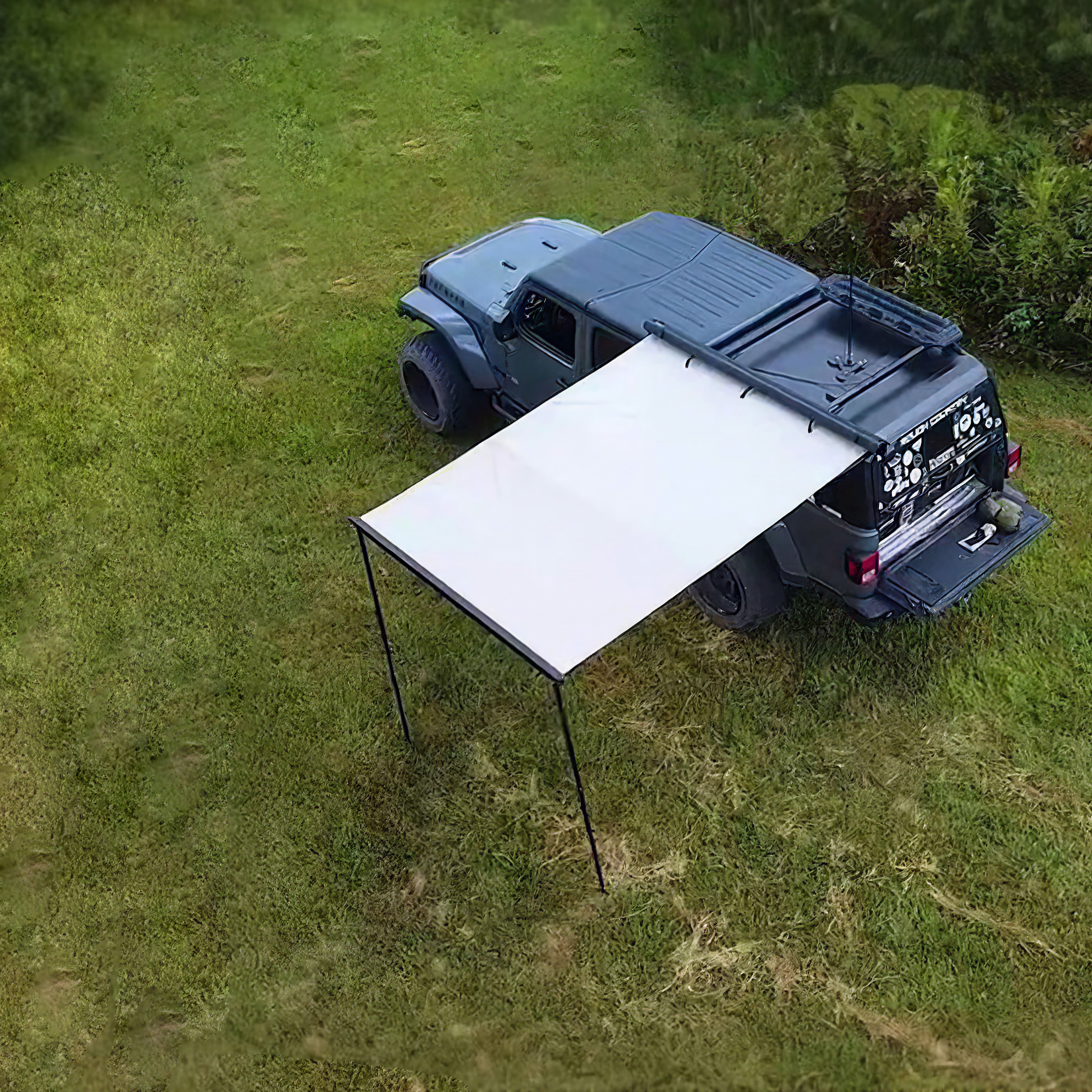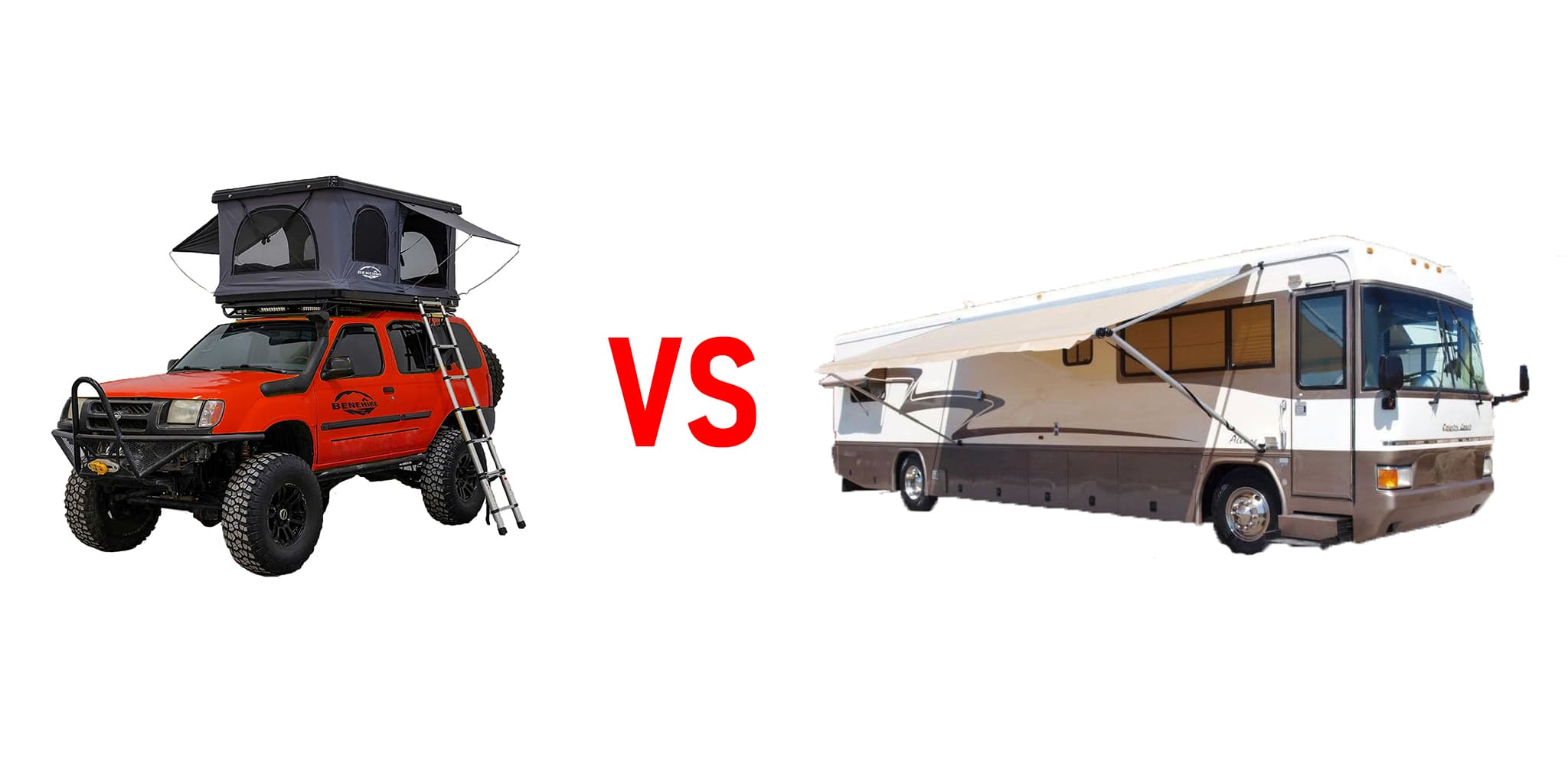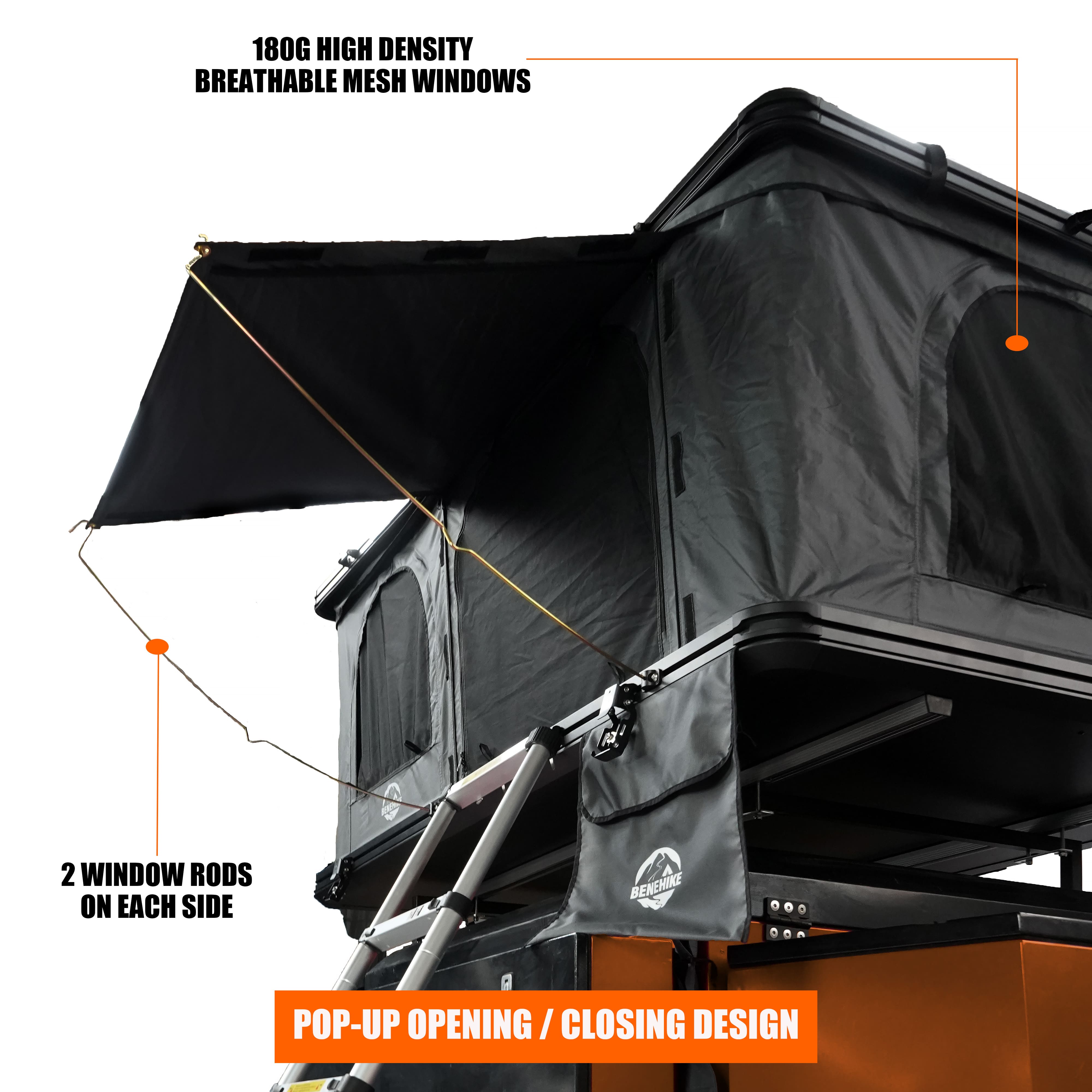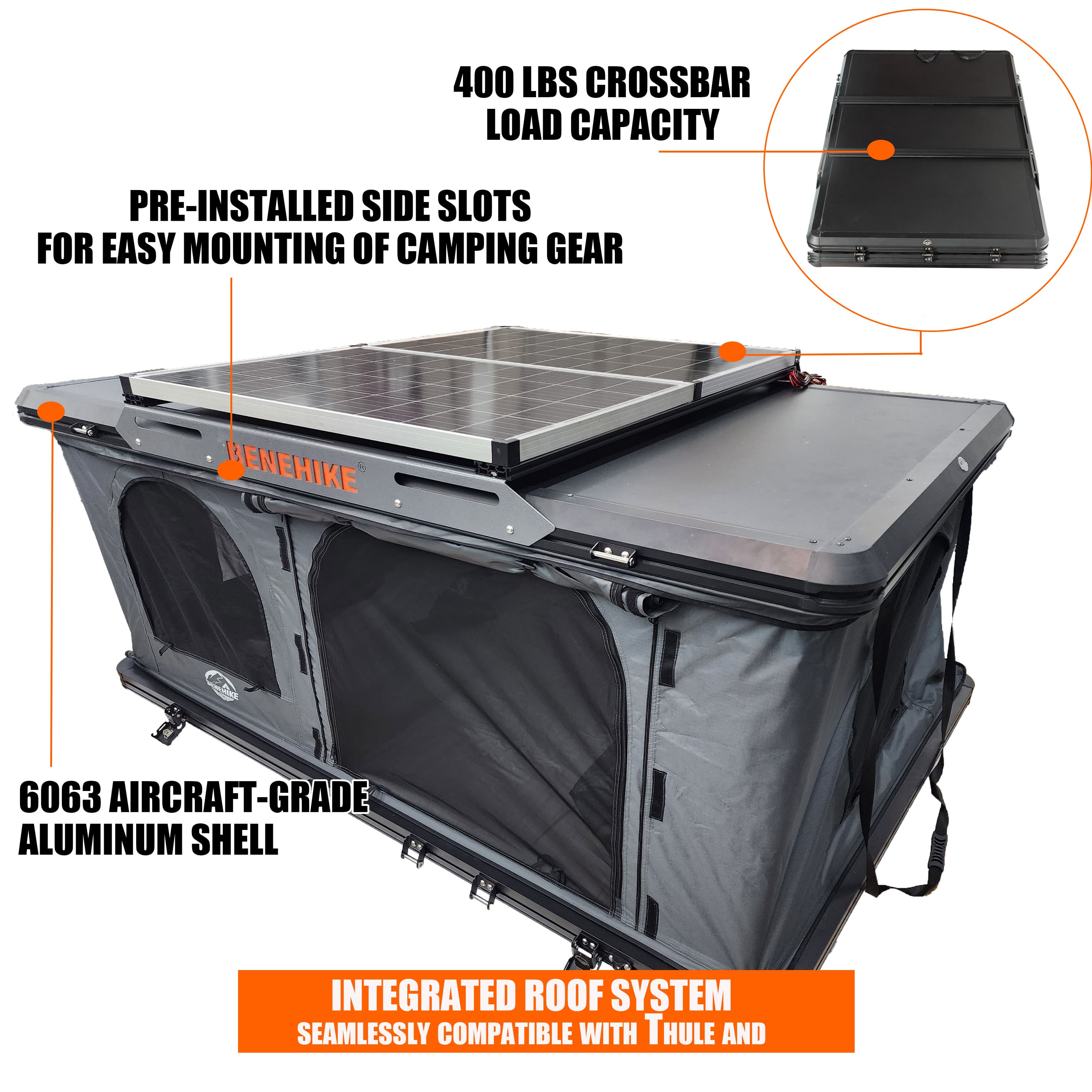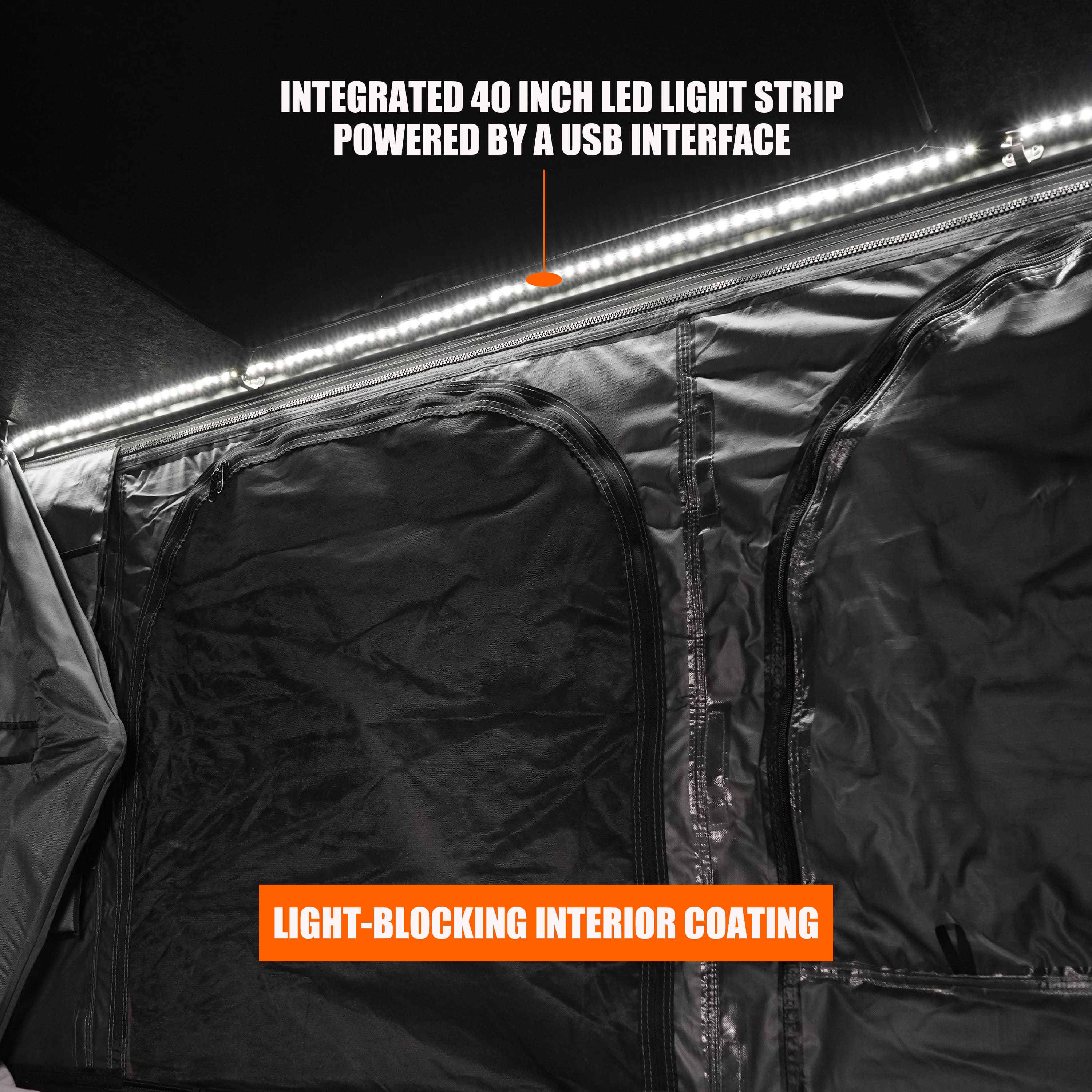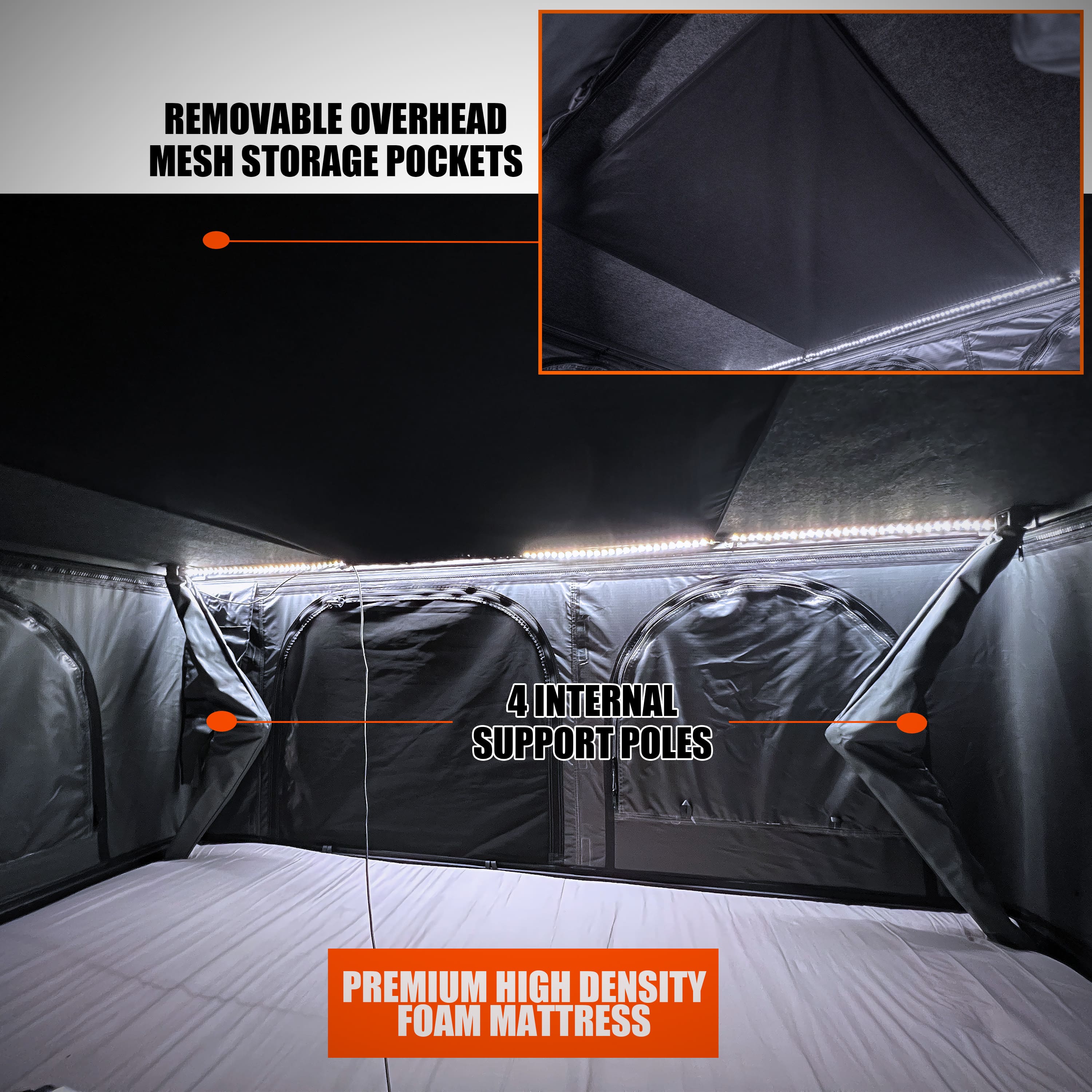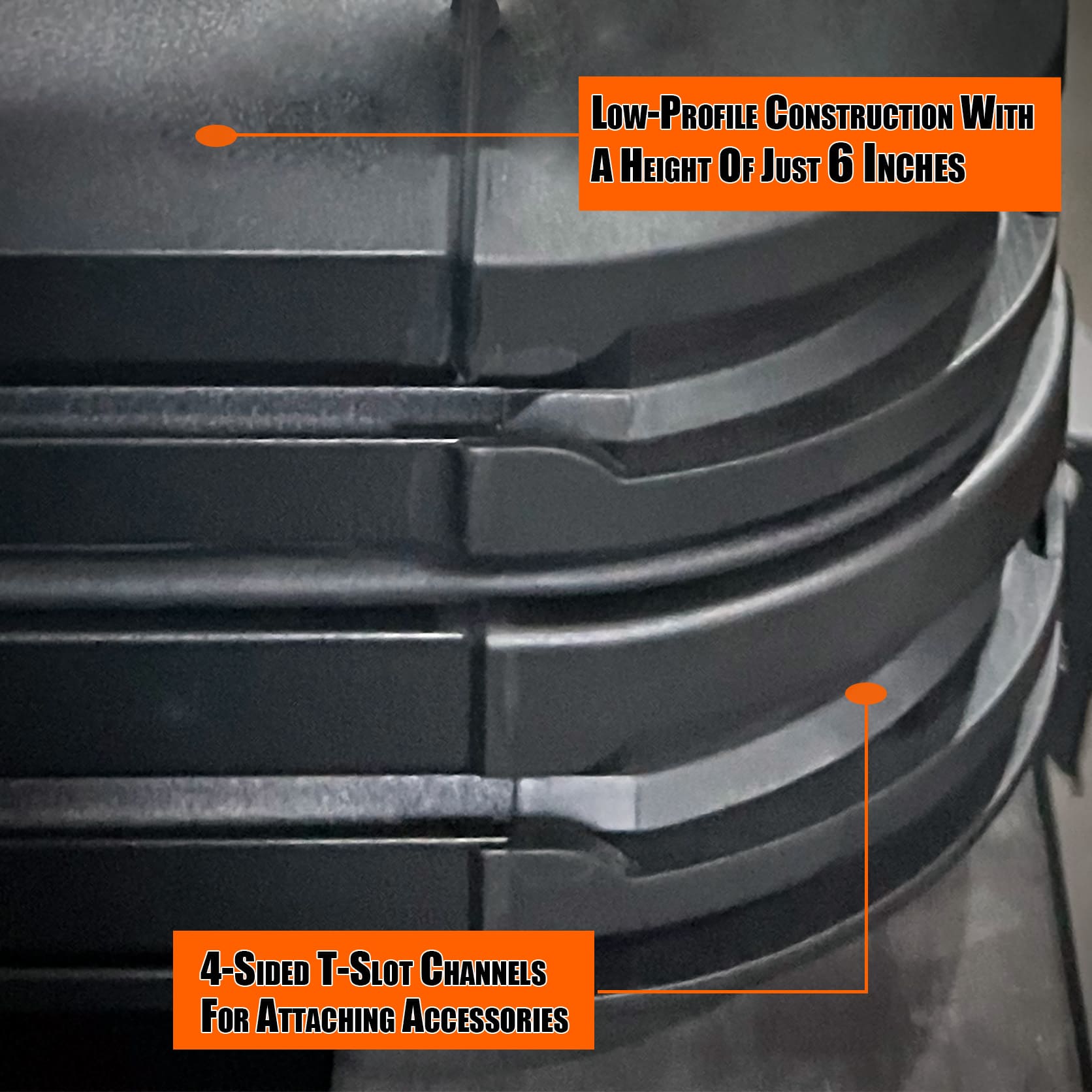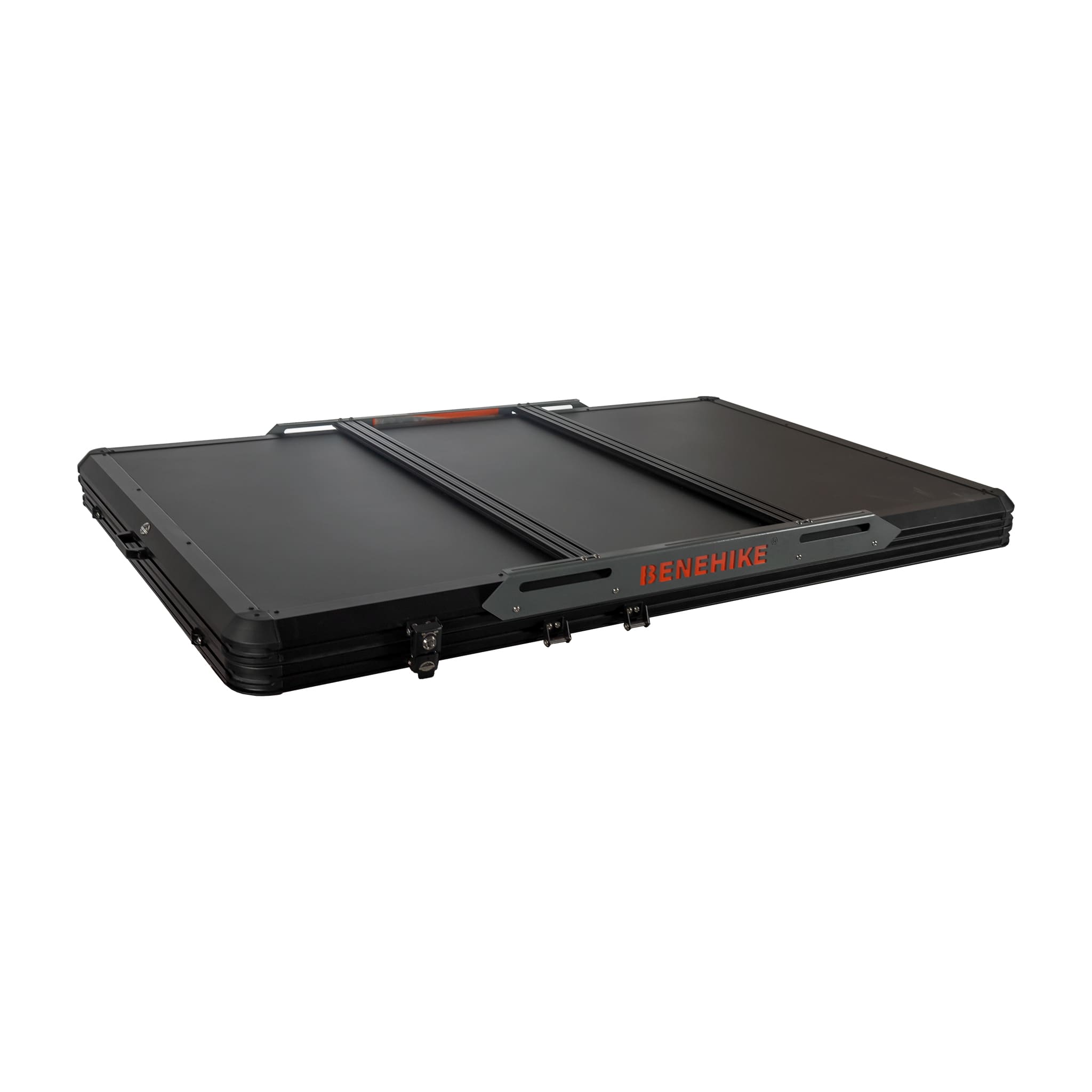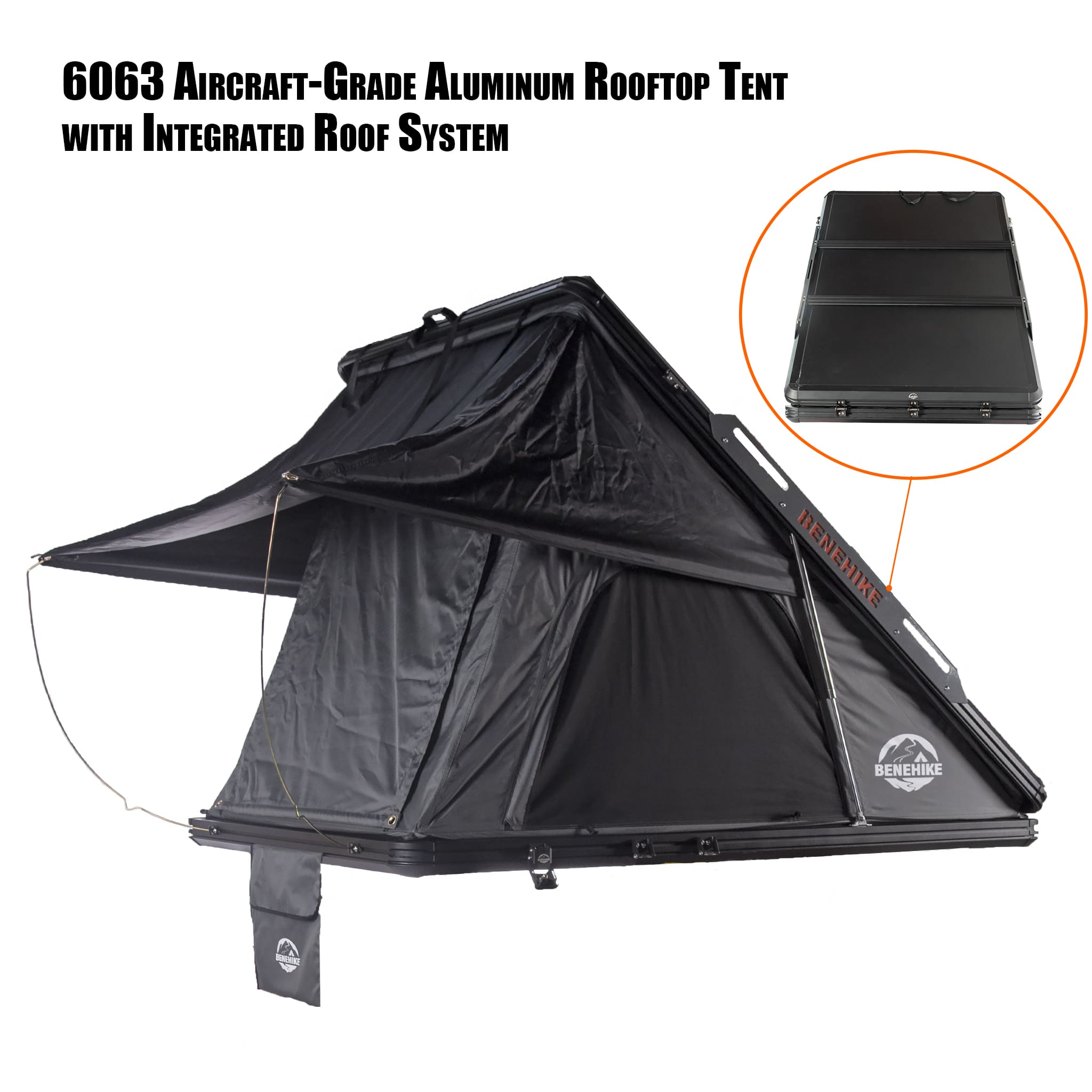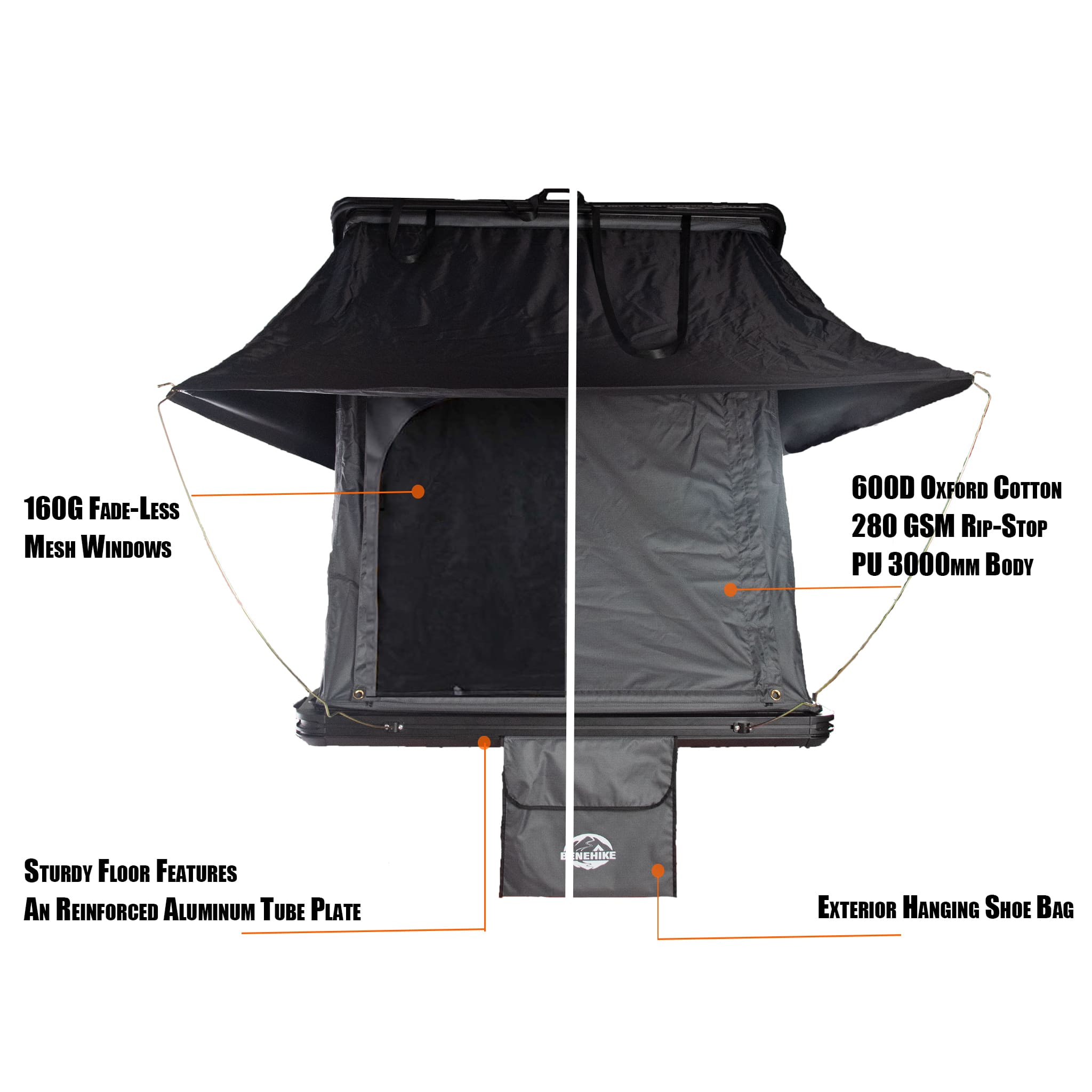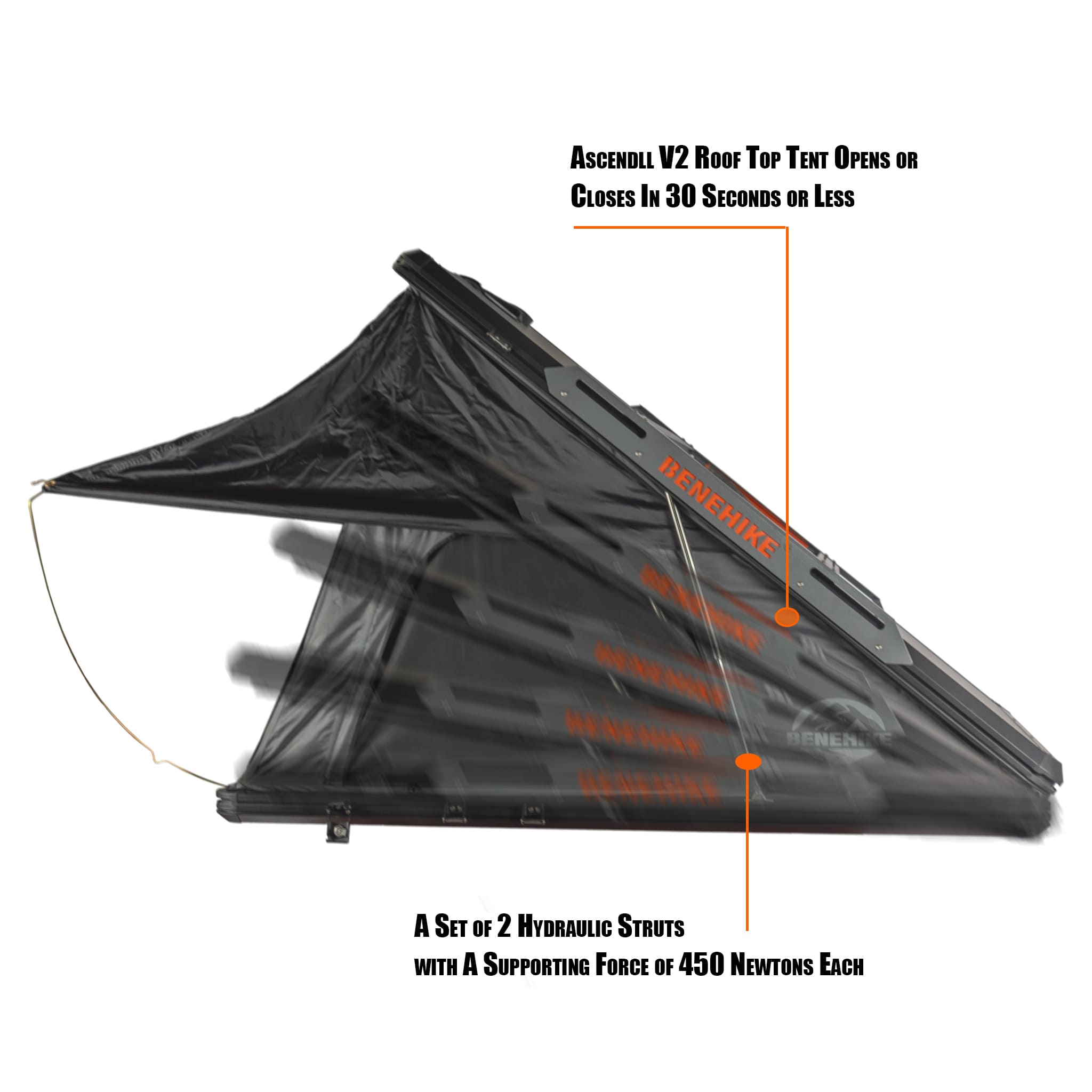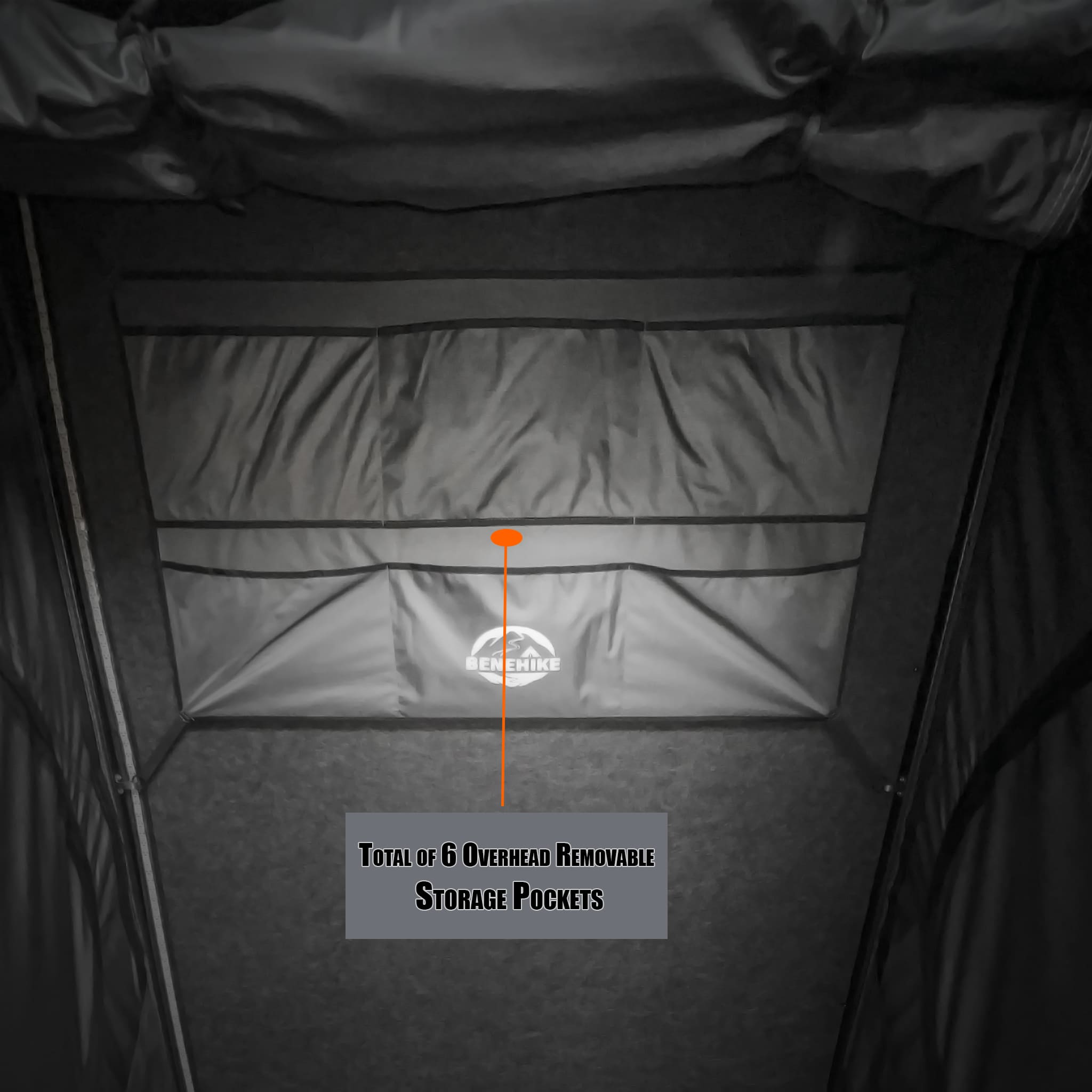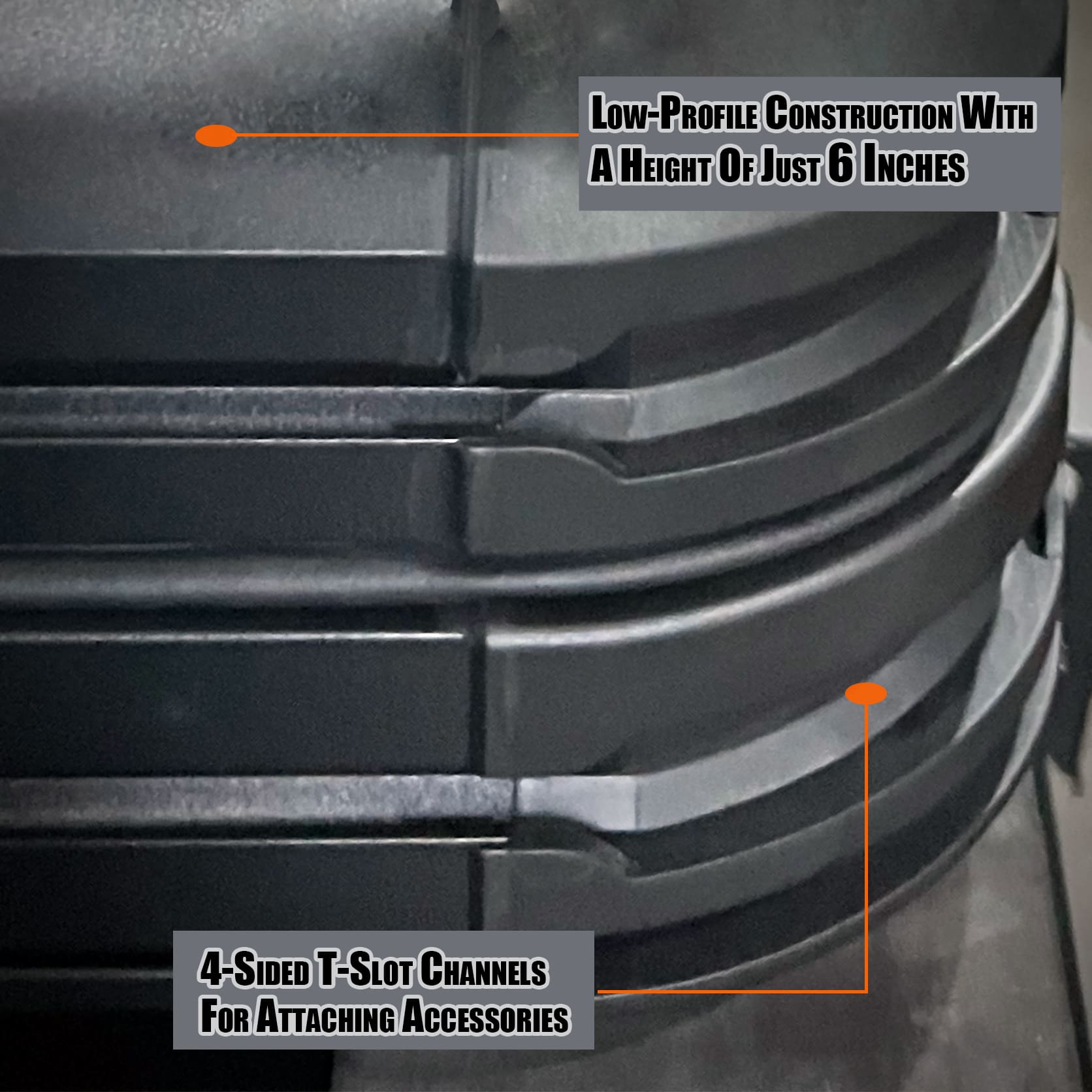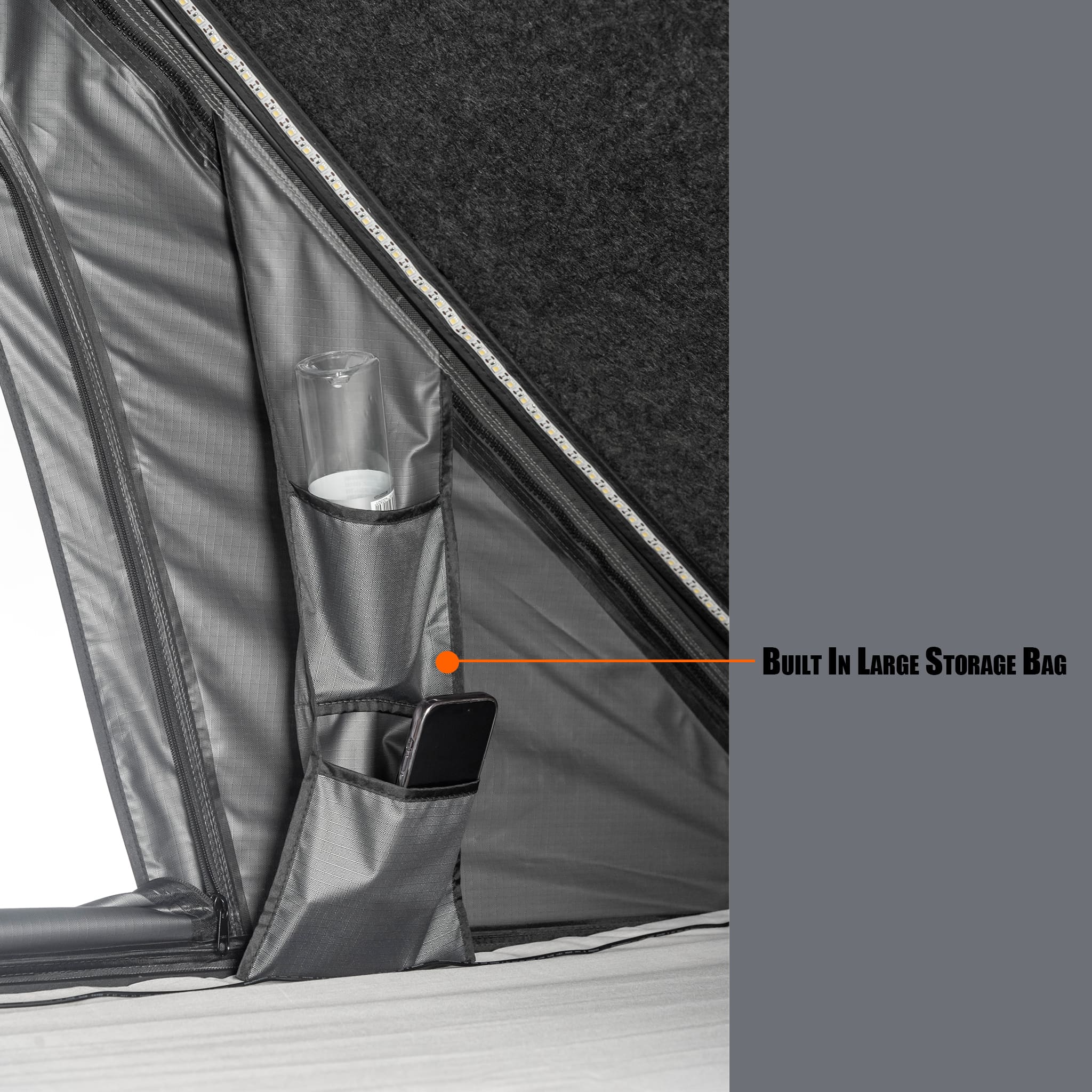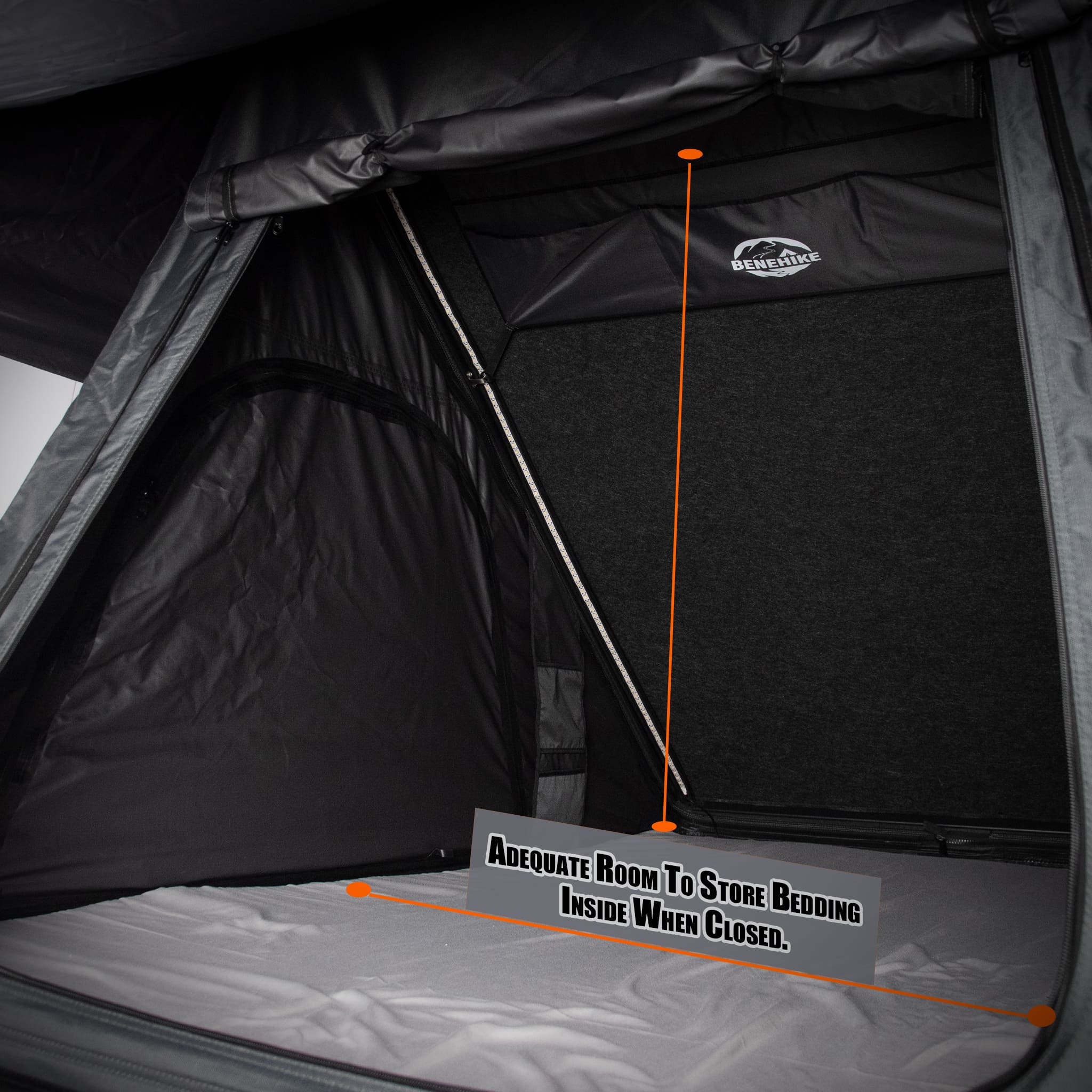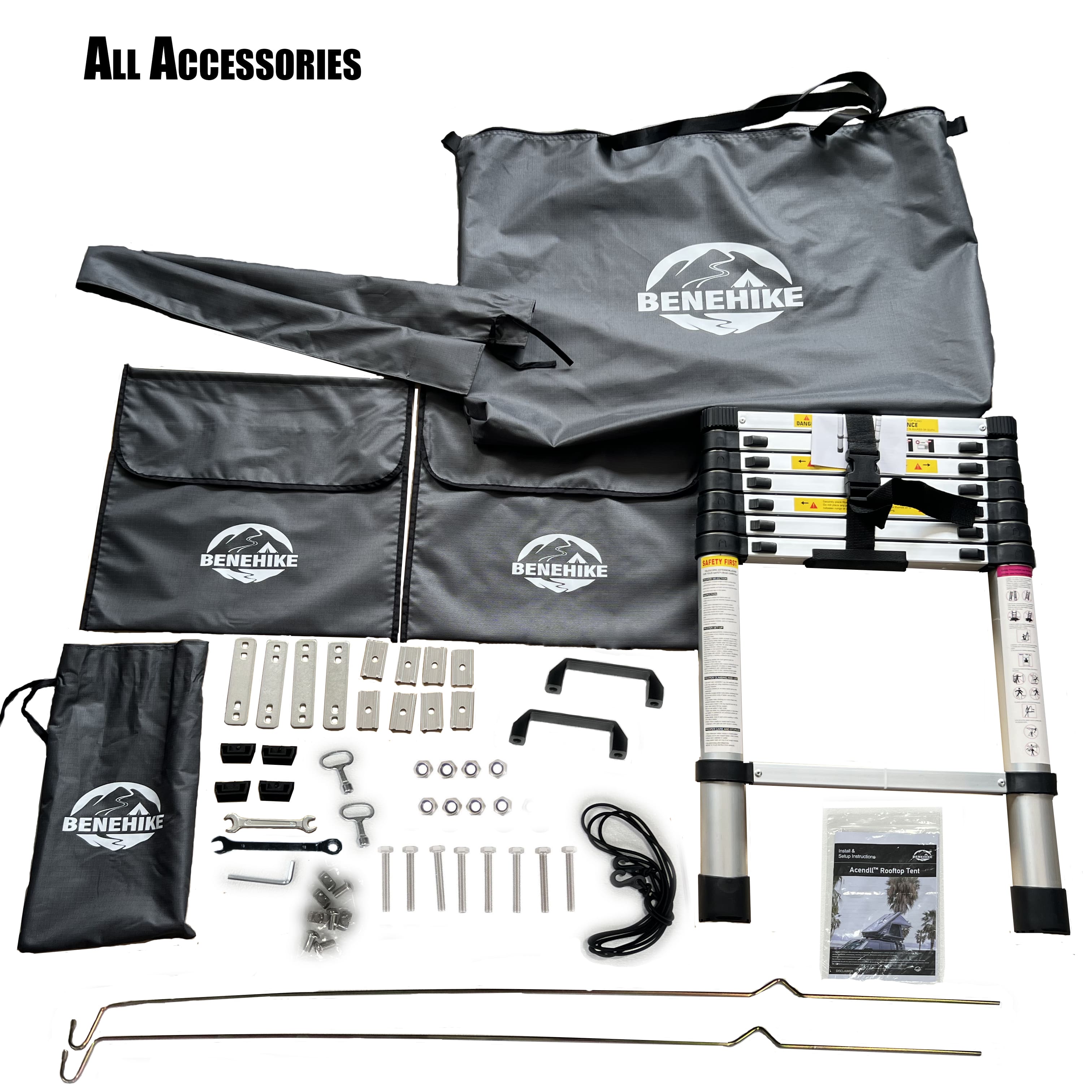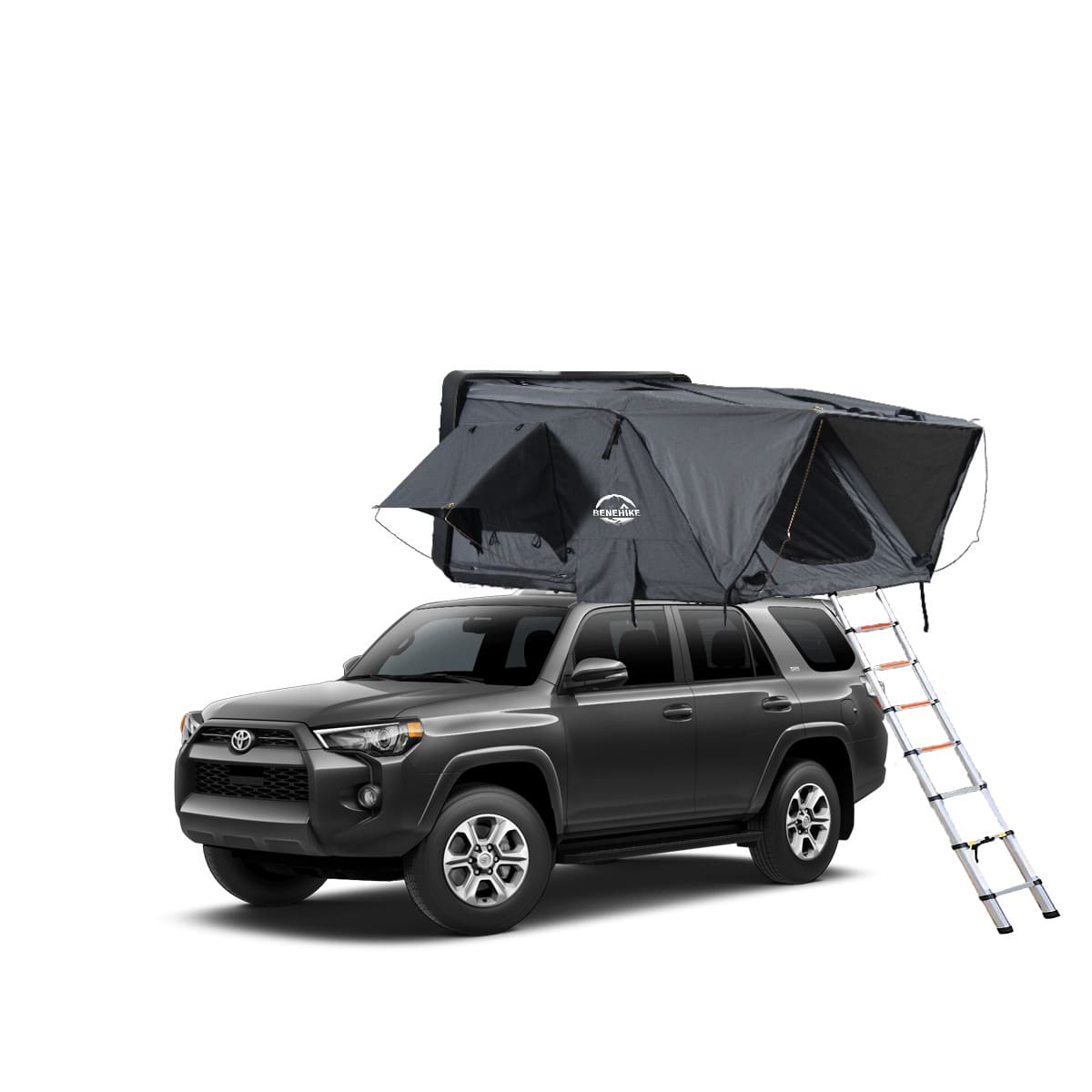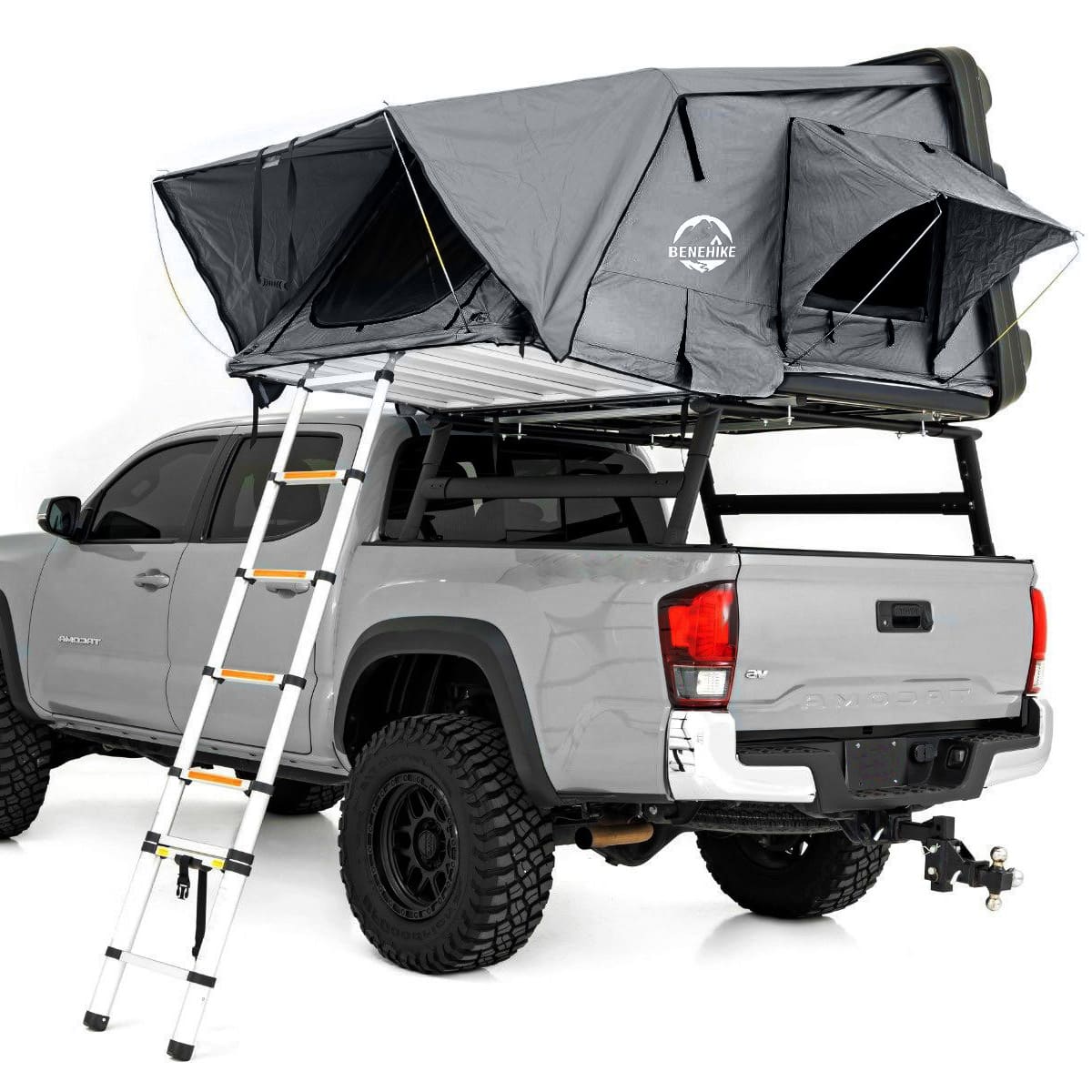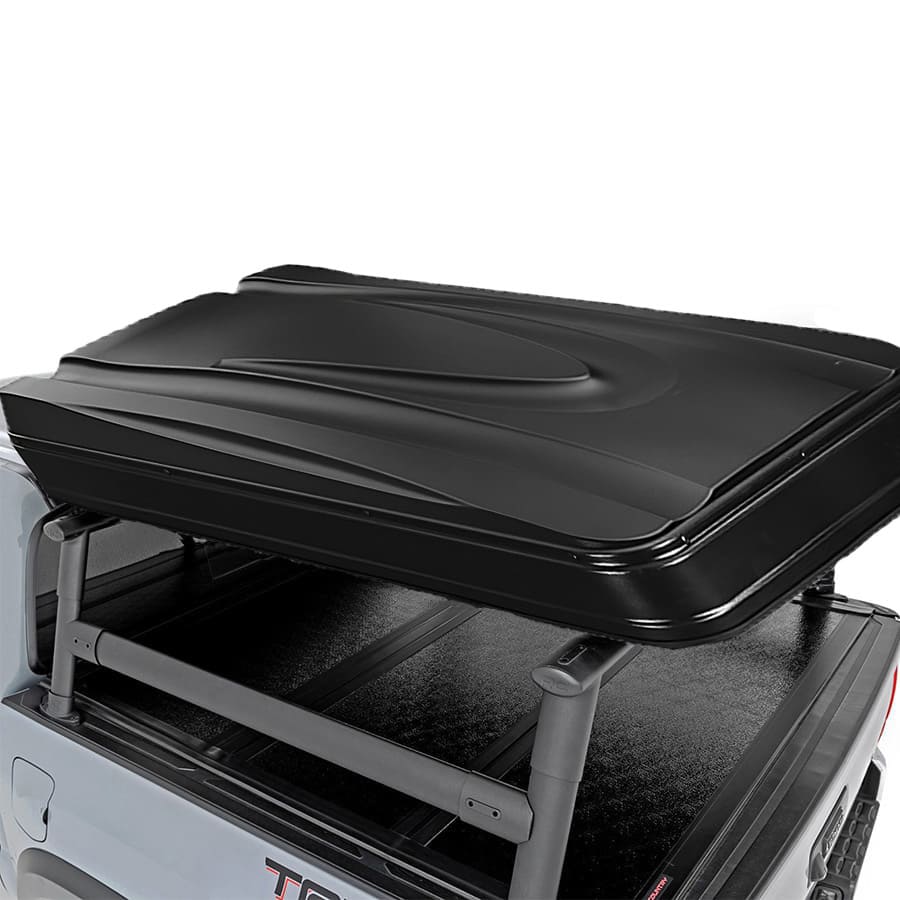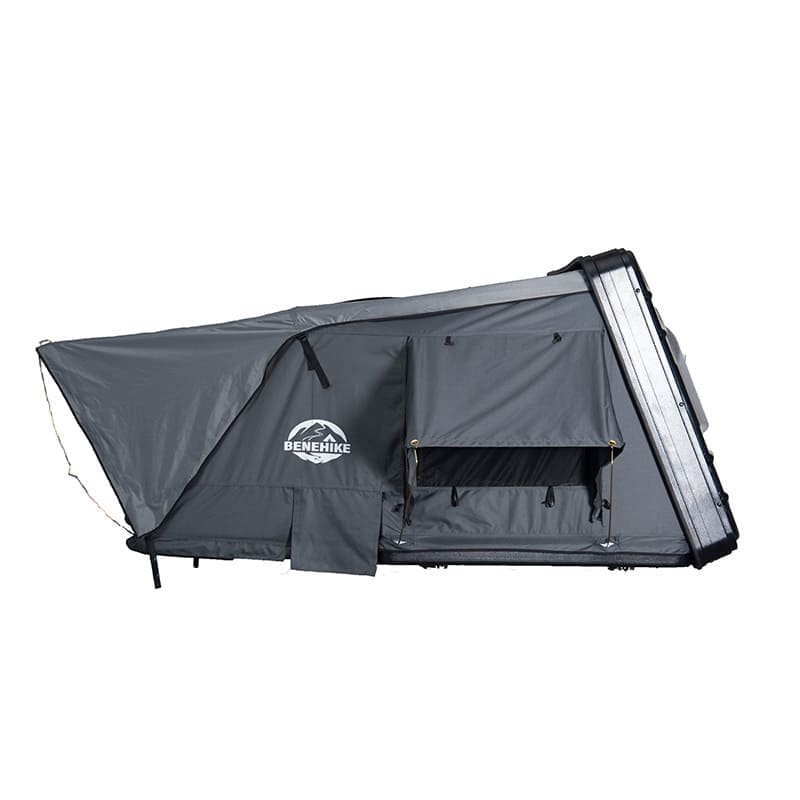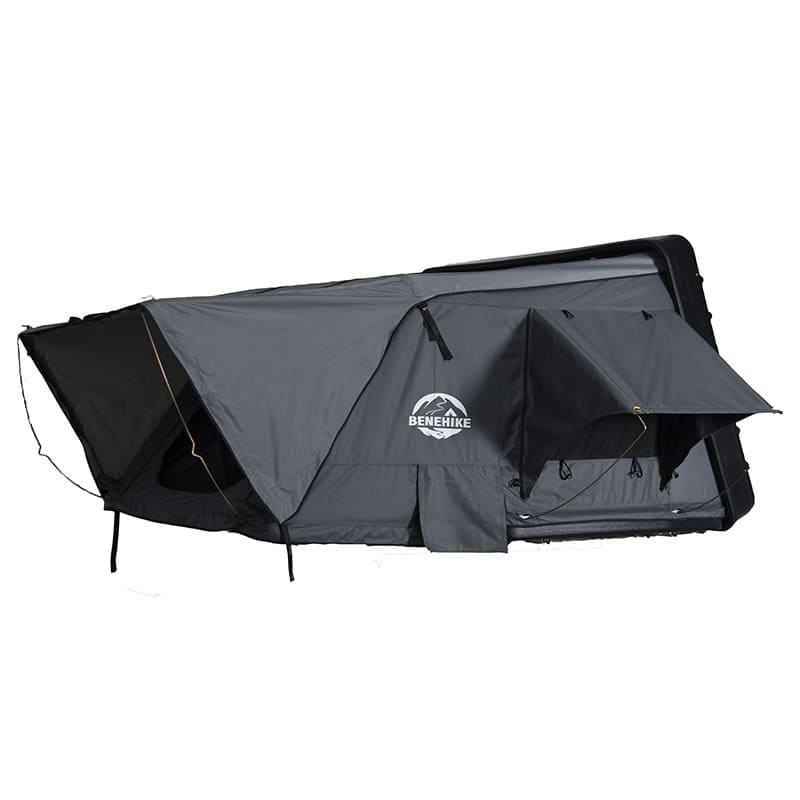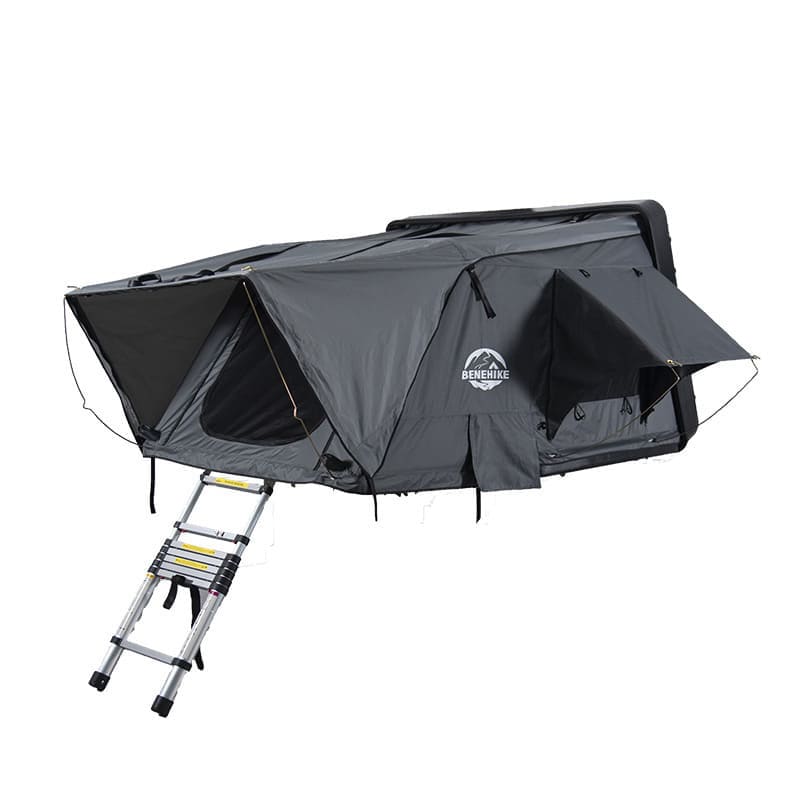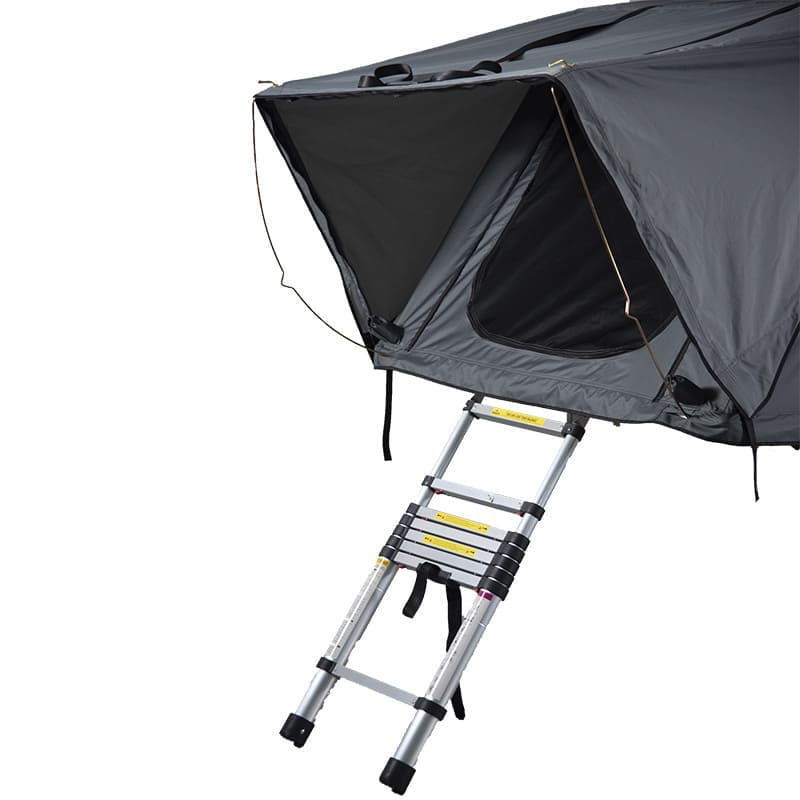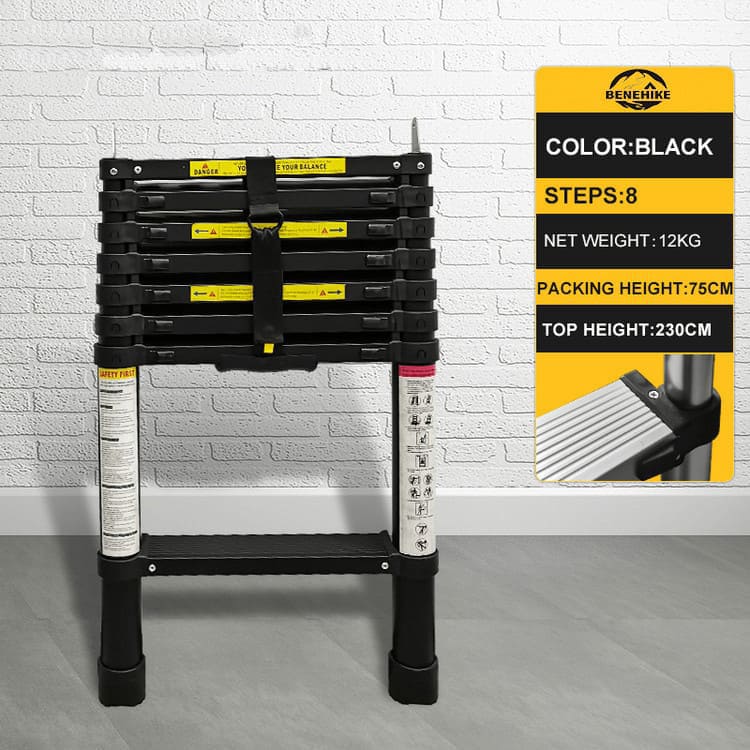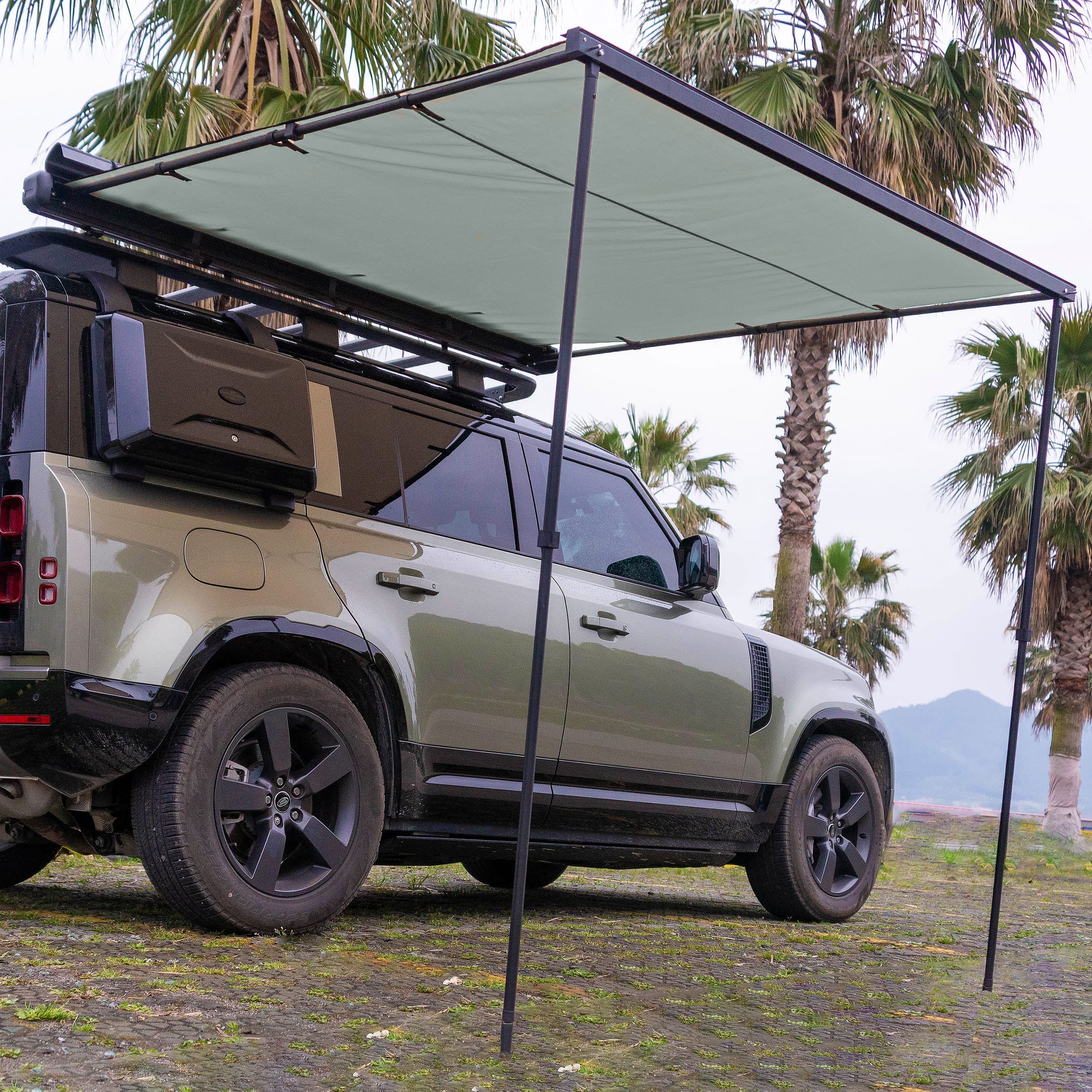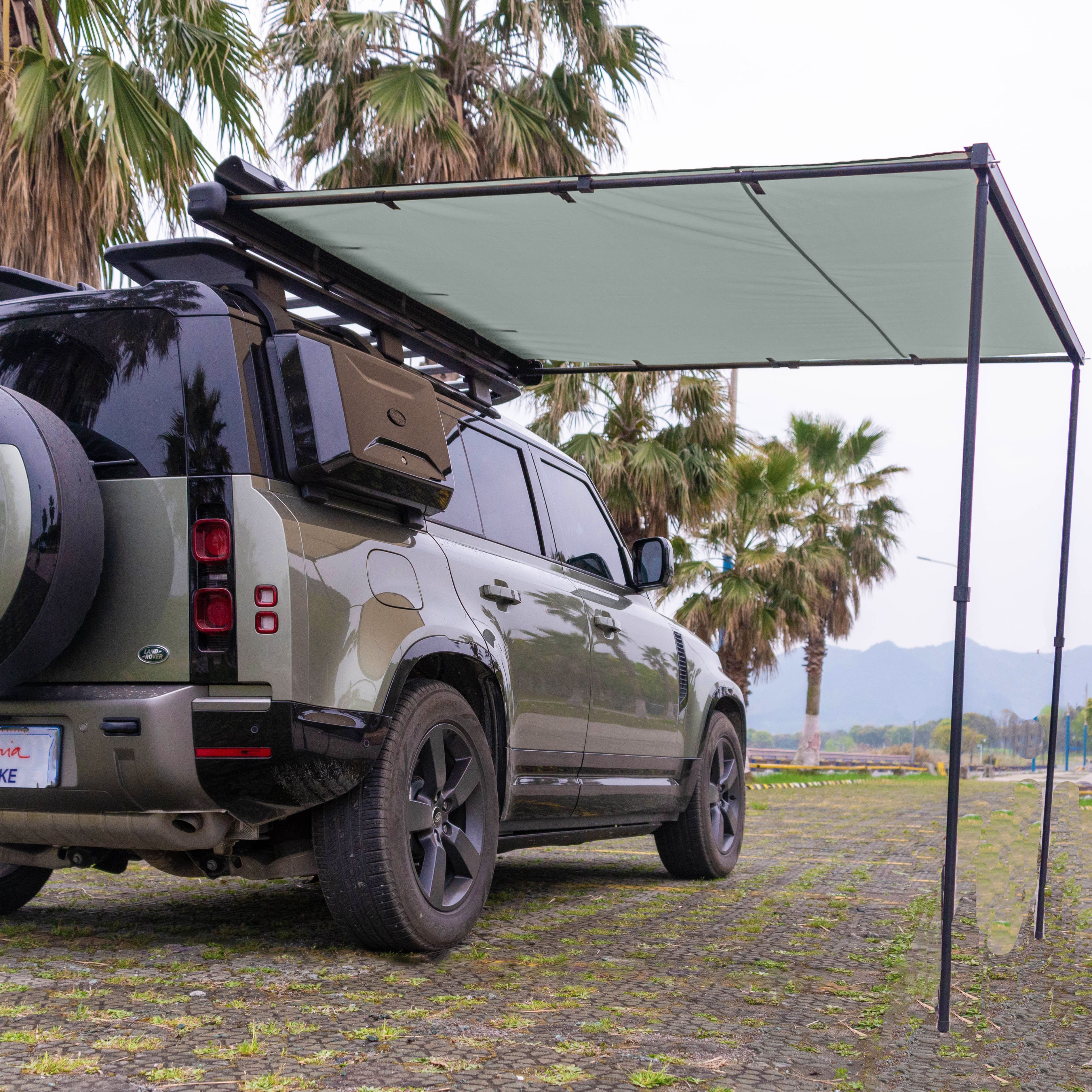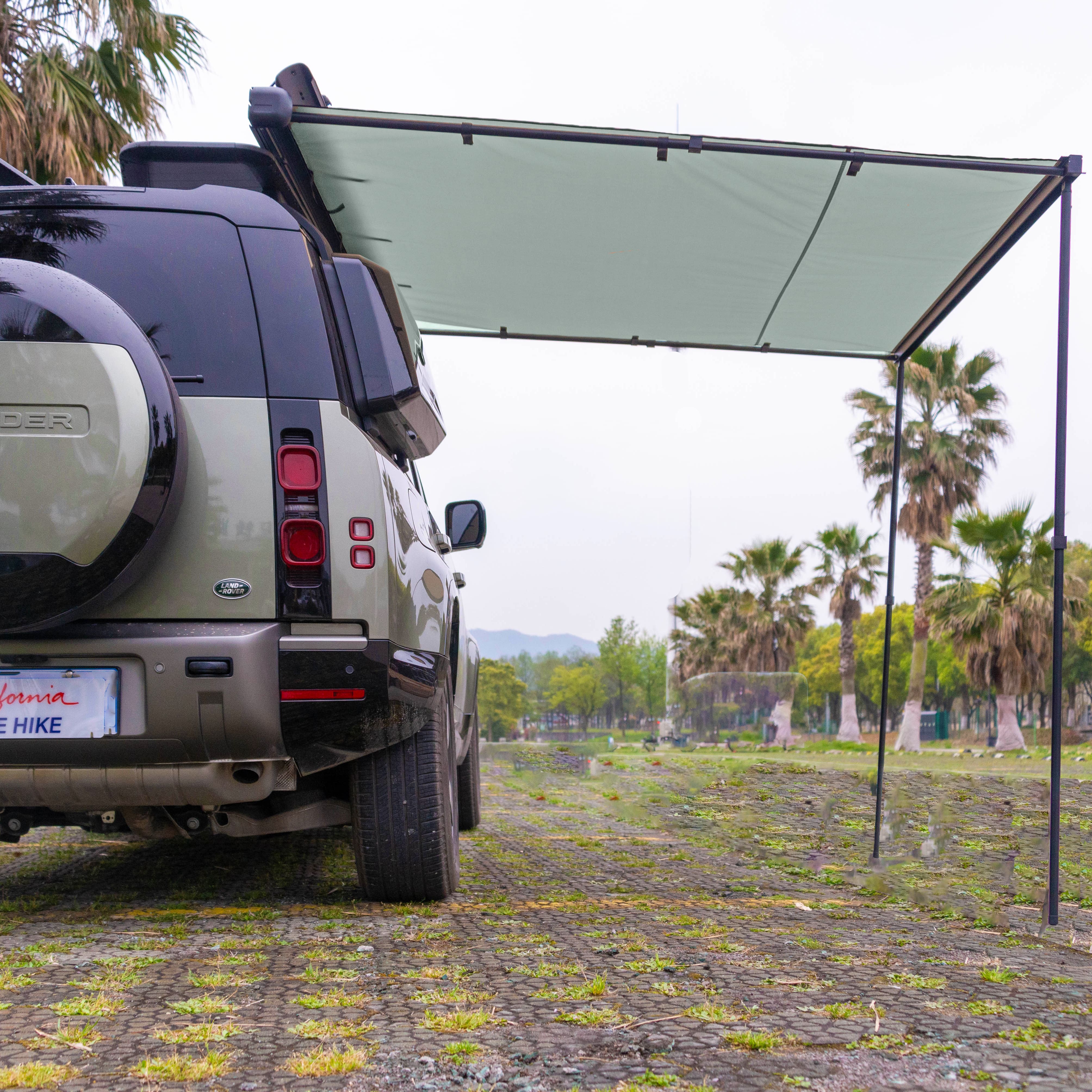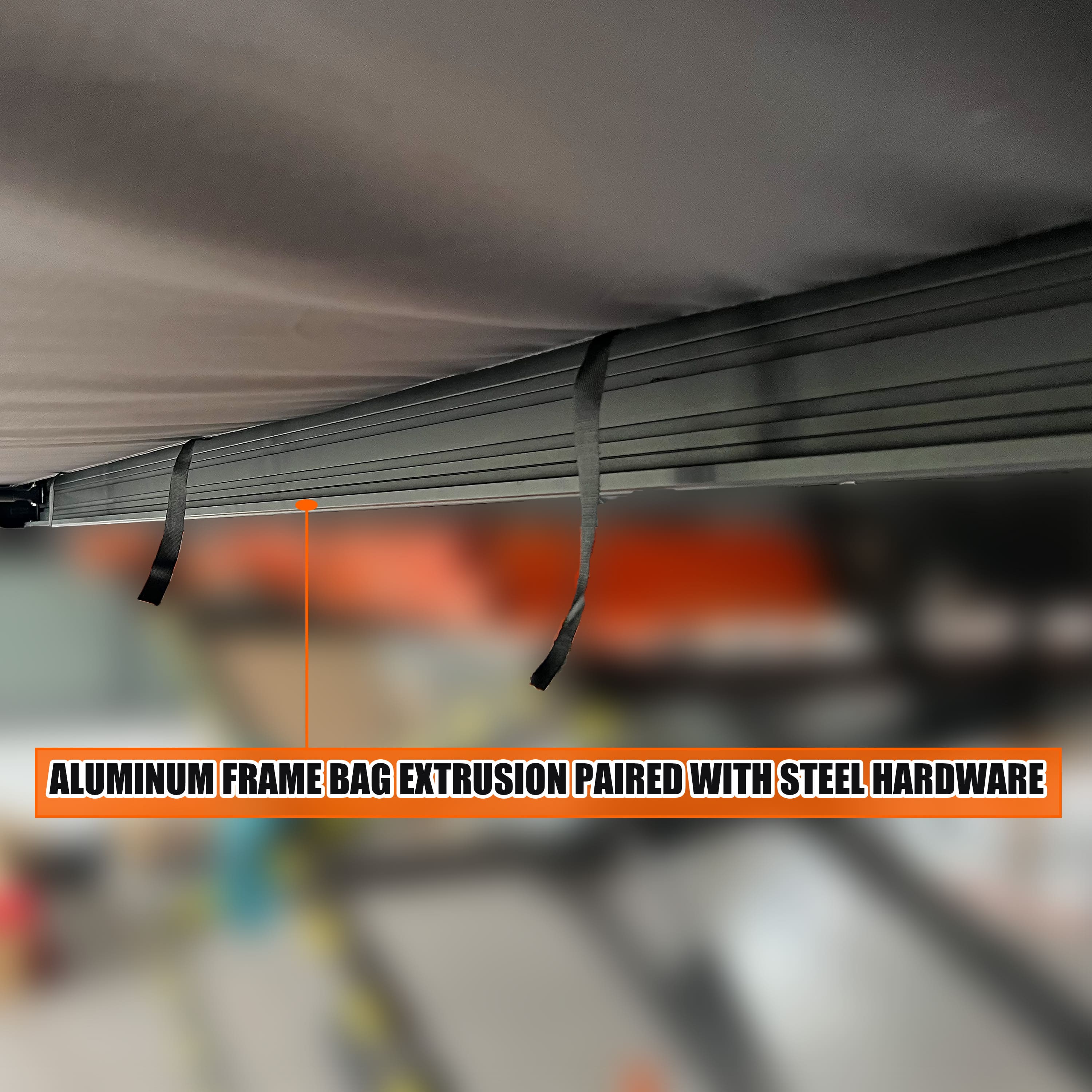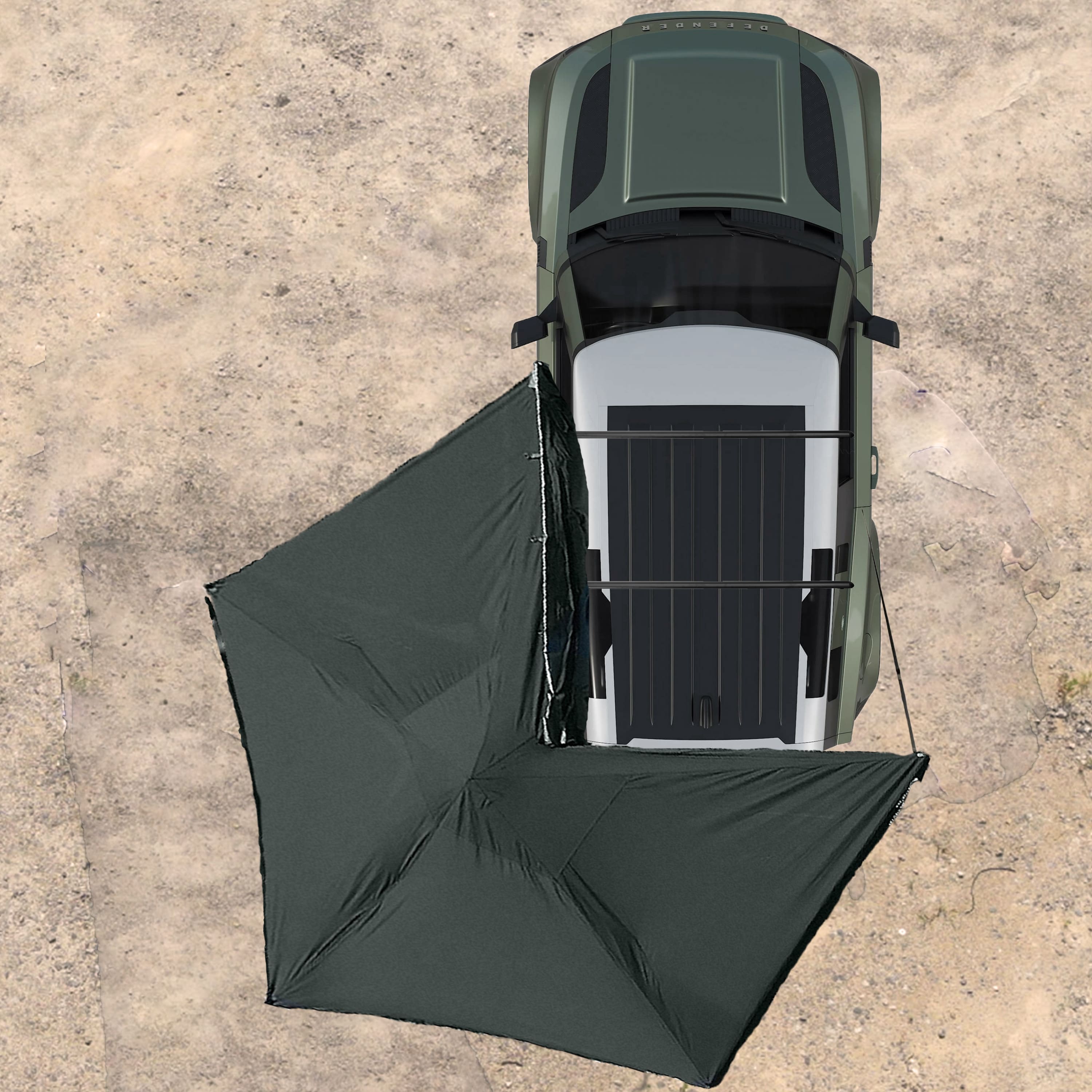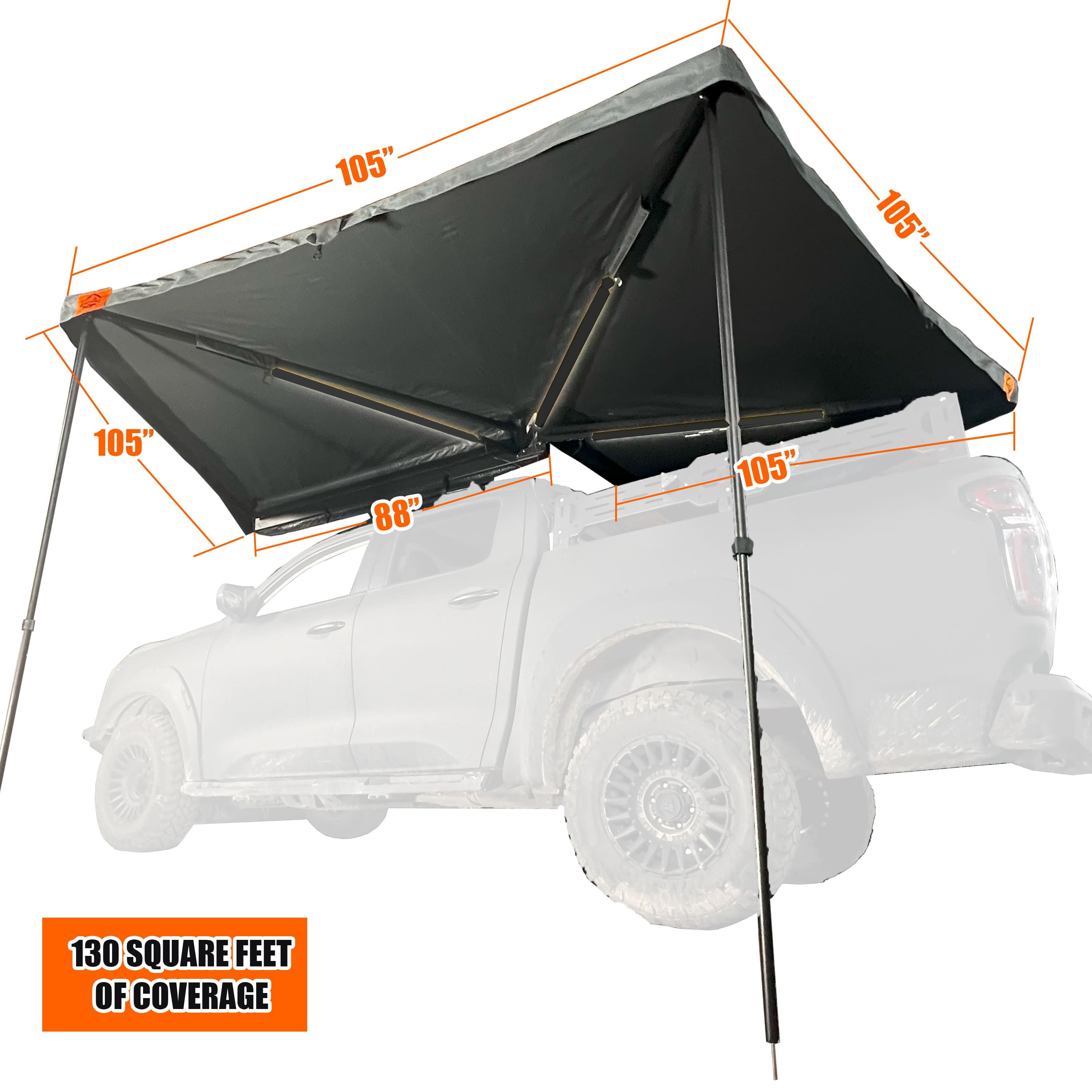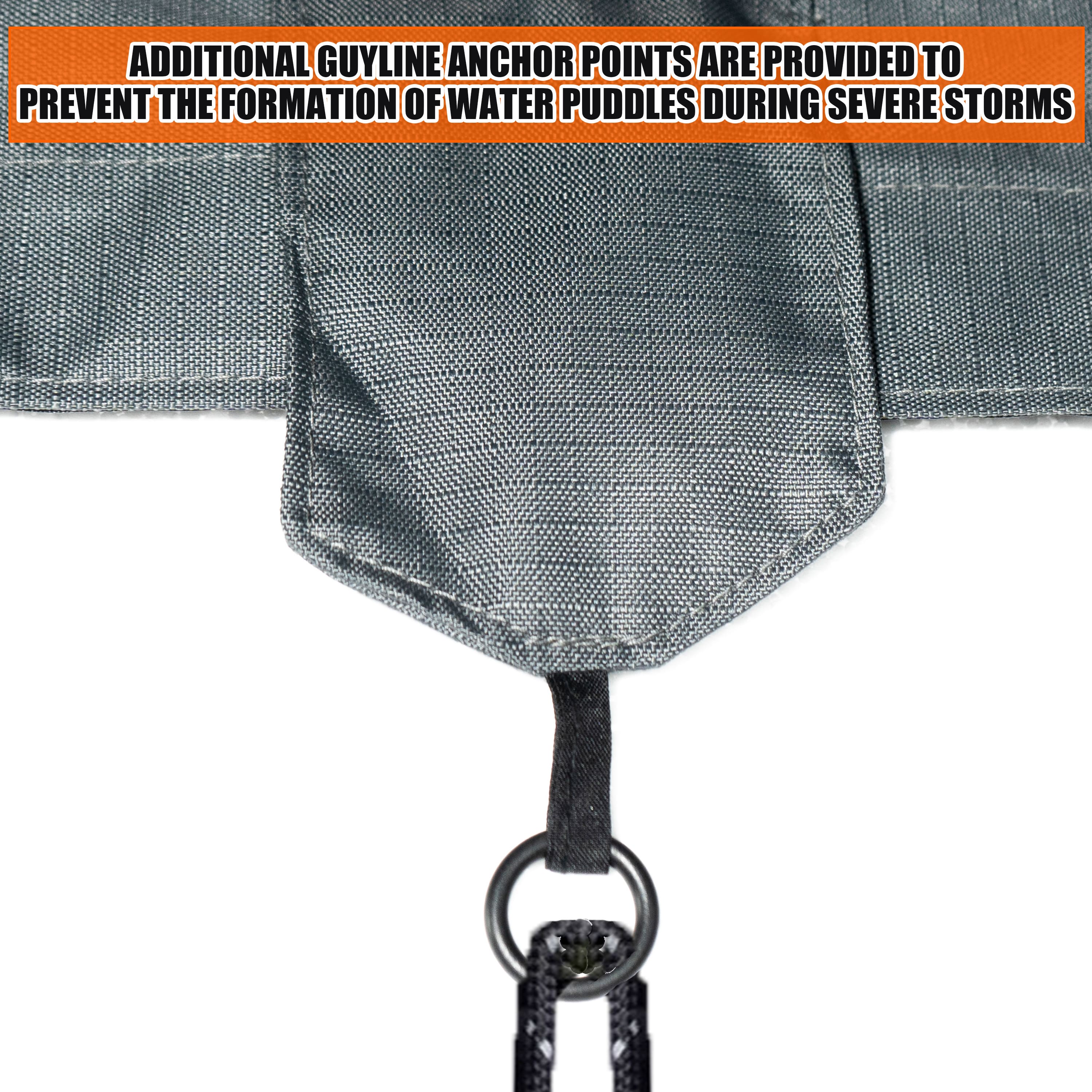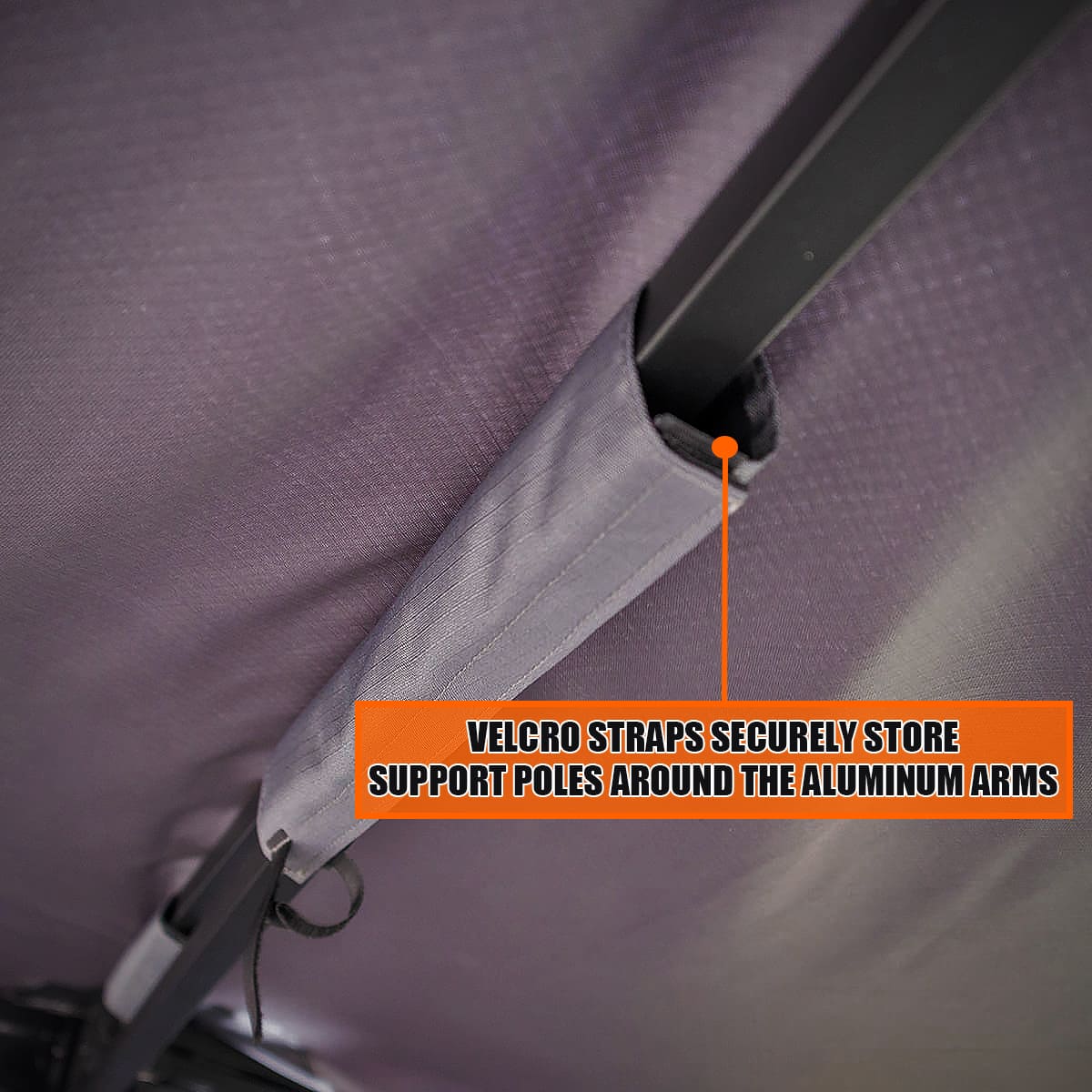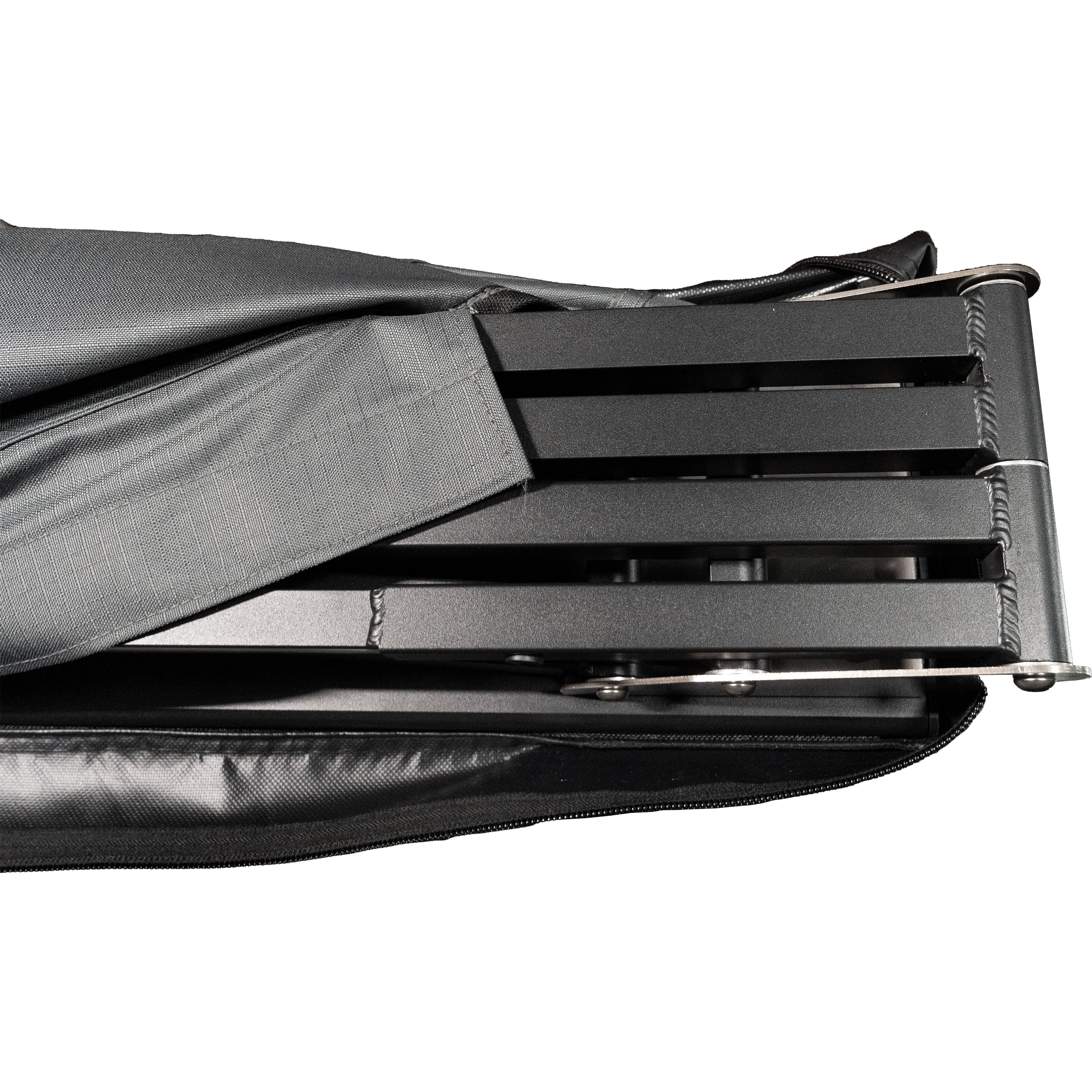- Rooftop Tents: Cool Camping Made Simple
- Pros and Cons of Traditional RVs
- Rooftop Tents VS. Traditional RVs
- Conclusion
Camping and outdoor adventures have never been more popular, with people seeking to escape the hustle and bustle of city life. Whether you're an experienced camper or a first-timer, choosing the right accommodation can be daunting. Rooftop tents and traditional RVs are both excellent options, each with its own set of pros and cons. In this article, we'll navigate the debate between rooftop tents and traditional RVs, exploring key factors to consider when deciding which option is best for your next outdoor adventure.
Rooftop Tents: Cool Camping Made Simple
Rooftop tents offer an affordable yet versatile camping option for adventurous travelers. These tents, mounted on top of a vehicle, offer a convenient way to enjoy nature without the hassle of traditional tent camping. With easy access and setup, they provide a comfortable and simplified camping experience.
For under $3,000, rooftop tents can convert most hatchbacks and SUVs into camping cruisers. Once installed, you've got cozy sleeping quarters complete with panoramic night sky views, all without having to lug around cumbersome ground tents.
Easy on-off access is a major plus. With a few clicks of the buckles and you're up and sleeping high above the elements, safe from critters and worries about finding the ideal campsite real estate. When the sun's up, a quick crank drops the tent, and you're back on the road.
As with any gear, rooftop tents come with tradeoffs. Sleeping height can be an adjustment, and the reduced interior space means storing gear becomes more intentional. Extreme temperatures may also be harder to regulate.
Nonetheless, adventurers thrive on simple solutions that maximize experiences and minimize complications. From overlanding families to weekend warrior couples, rooftop tents enable far-flung adventures by turning vehicles into mobile basecamps for extended trips. With some creativity, rooftop tents quite literally raise the roof on the art of slow travel.
Pros and Cons of Traditional RVs
While RVs offer unbeatable comfort and convenience on the road, traditional recreational vehicles come with tradeoffs for adventurous travelers.
On the plus side, RVs serve up luxurious amenities right at your campsite. Forget roughing it - you've got full bathrooms, kitchens, lounging areas, and separate sleeping quarters just like home, giving new meaning to glamping. Such spacious living quarters allow for extended trips with all of life's creature comforts in tow. And with RVs resembling self-contained residences on wheels, long drives become less daunting when you can simply park and set up a "house" within minutes.
However, traditional RVs come with substantial downsides for those seeking off-the-beaten-path experiences. Their large footprints make navigating narrow streets and exploring rugged terrain impractical. High fuel demands and limited storage capacity further constrain spontaneous adventures. And the high initial cost and ongoing maintenance fees of traditional RVs put them out of reach for many budget travelers.
Rooftop Tents VS. Traditional RVs
Both rooftop tents and traditional RVs offer comfortable camping accommodations, but they differ significantly in cost, mobility, and overall experience.
In terms of cost, rooftop tents are much more affordable. The average rooftop tent costs between $1000-$3,000, whereas traditional RVs range from $20,000 to well over $100,000. However, maintenance and storage fees for RVs can offset some of their higher initial prices.
Mobility also favors rooftop tents. They weigh between 150-400 pounds and easily mount to most vehicles. This allows more off-road adventures and easier navigation of narrow roads. In contrast, traditional RVs typically weigh over 5,000 pounds and are difficult to maneuver, meaning they're best suited for highway travel.
For comfort and amenities, RVs have a distinct edge. They provide separate rooms, kitchens, bathrooms, and other homelike comforts. Rooftop tents, on the other hand, are basically glorified sleeping bags that only offer the basics.
In terms of durability, both options can last for years with proper care. But rooftop tents are slightly easier to replace if damaged.
Ultimately, rooftop tents are best for minimalist travelers seeking mobility and value, while traditional RVs suit those wanting all the comforts of home on the road. Factors like budget, intended trip duration, and terrain dictate the best option for an individual traveler. Given how different the experiences are, some adventurous spirits use a combination approach - deploying the rooftop tent for remote adventures and the RV for resort retreats.

Conclusion
Choosing between rooftop tents and traditional RVs ultimately depends on personal preferences and travel needs. While rooftop tents offer affordable, versatile, and off-road accessible camping solutions, traditional RVs provide luxurious amenities and homelike comforts at a premium price. Understanding the pros and cons of each option can help travelers make informed decisions for their next outdoor adventures. With some creativity, adventurous spirits can even use a combination approach, deploying both options to cater to their diverse travel goals.
Read More
- How to Choose the Right Roof-Top Tent – BENEHIKE
- Rooftop Tent Vs Traditional Ground Tent: Pros and Cons – BENEHIKE
- Hard Shell Rooftop Tent:Top Benefits Top for Comfortable and Convenien – BENEHIKE
- Go Ready for Camping in the 2023 Spring – BENEHIKE
- Is It Worth Camping for One Night in California? – BENEHIKE






